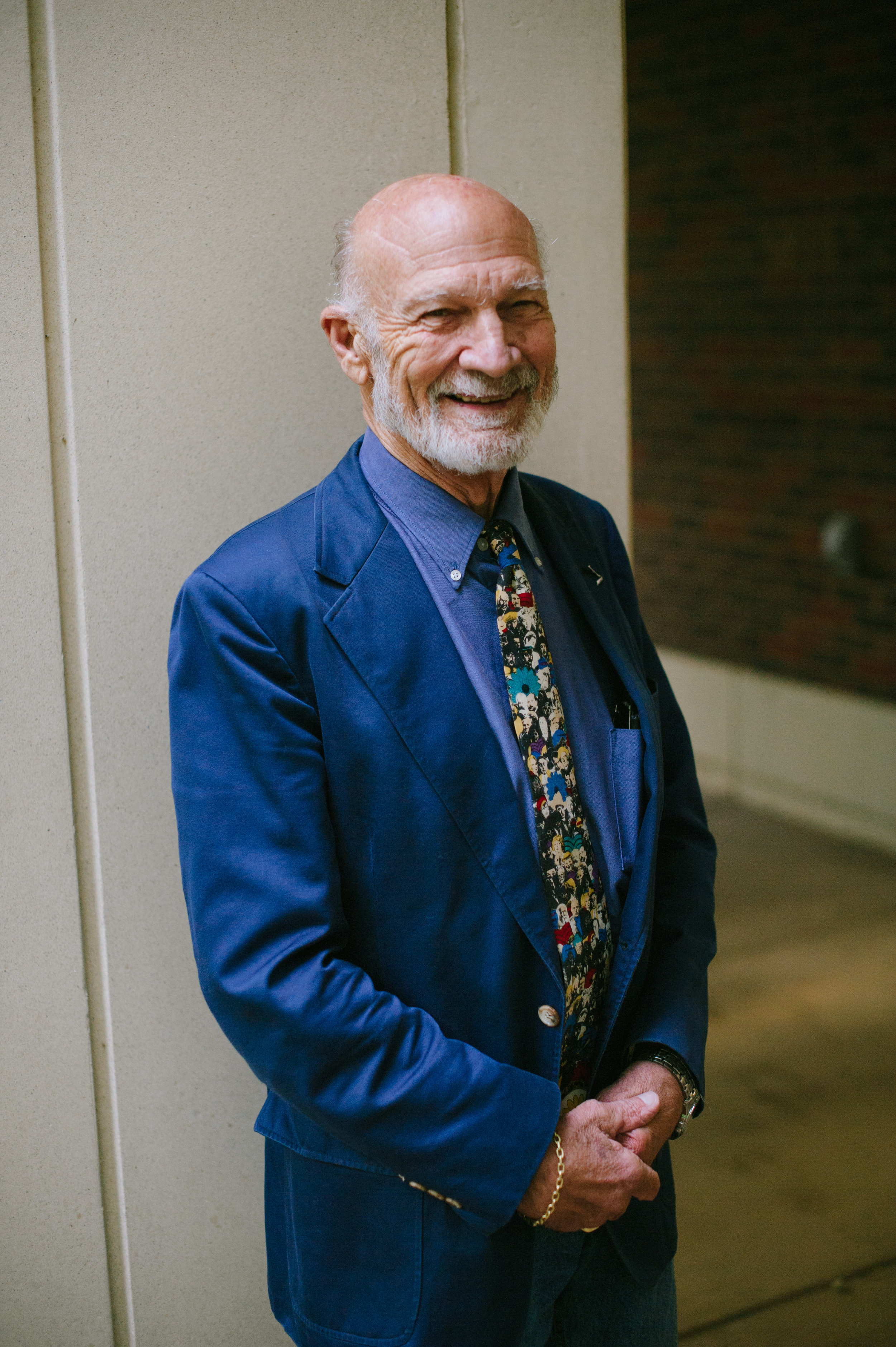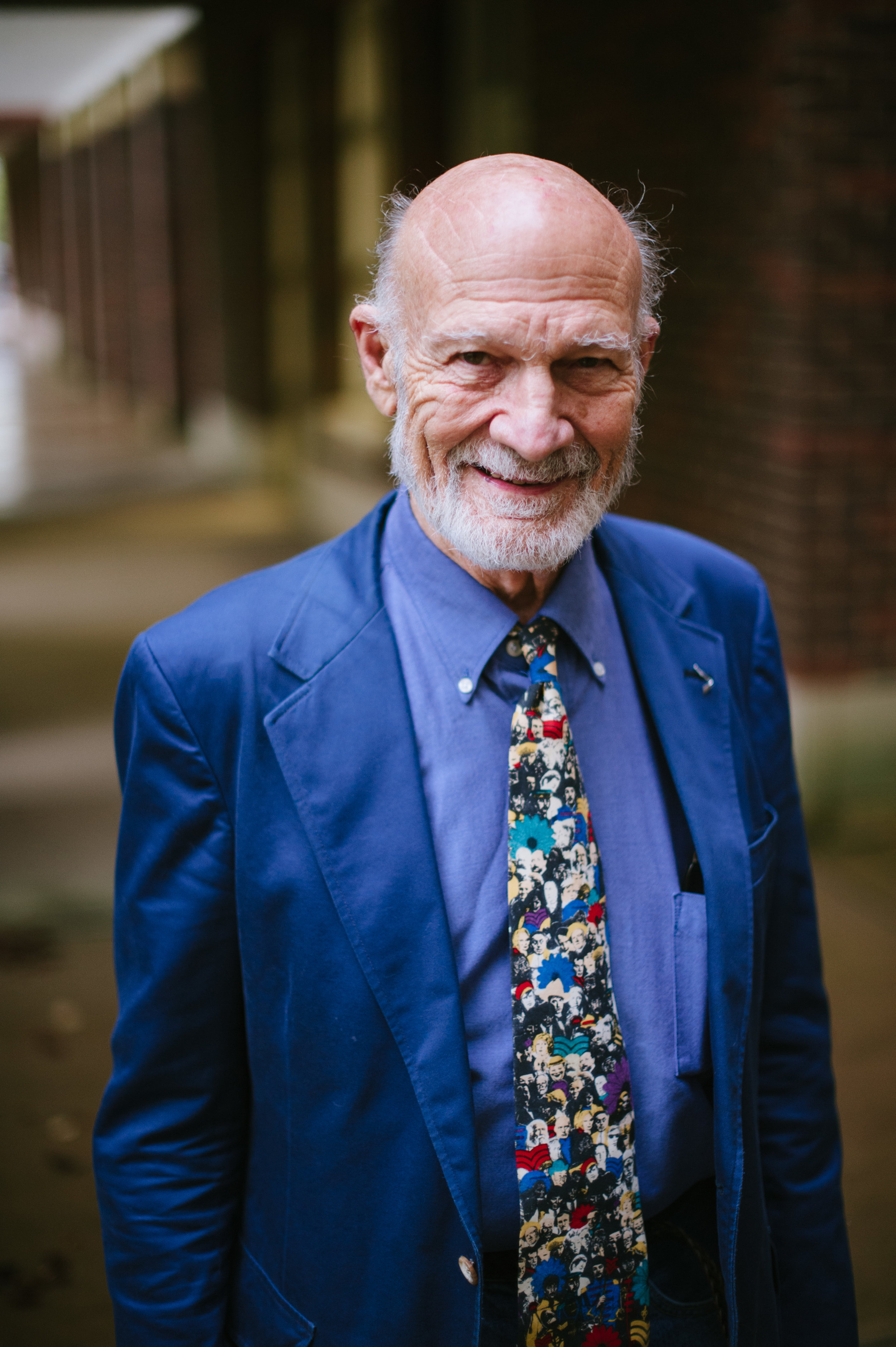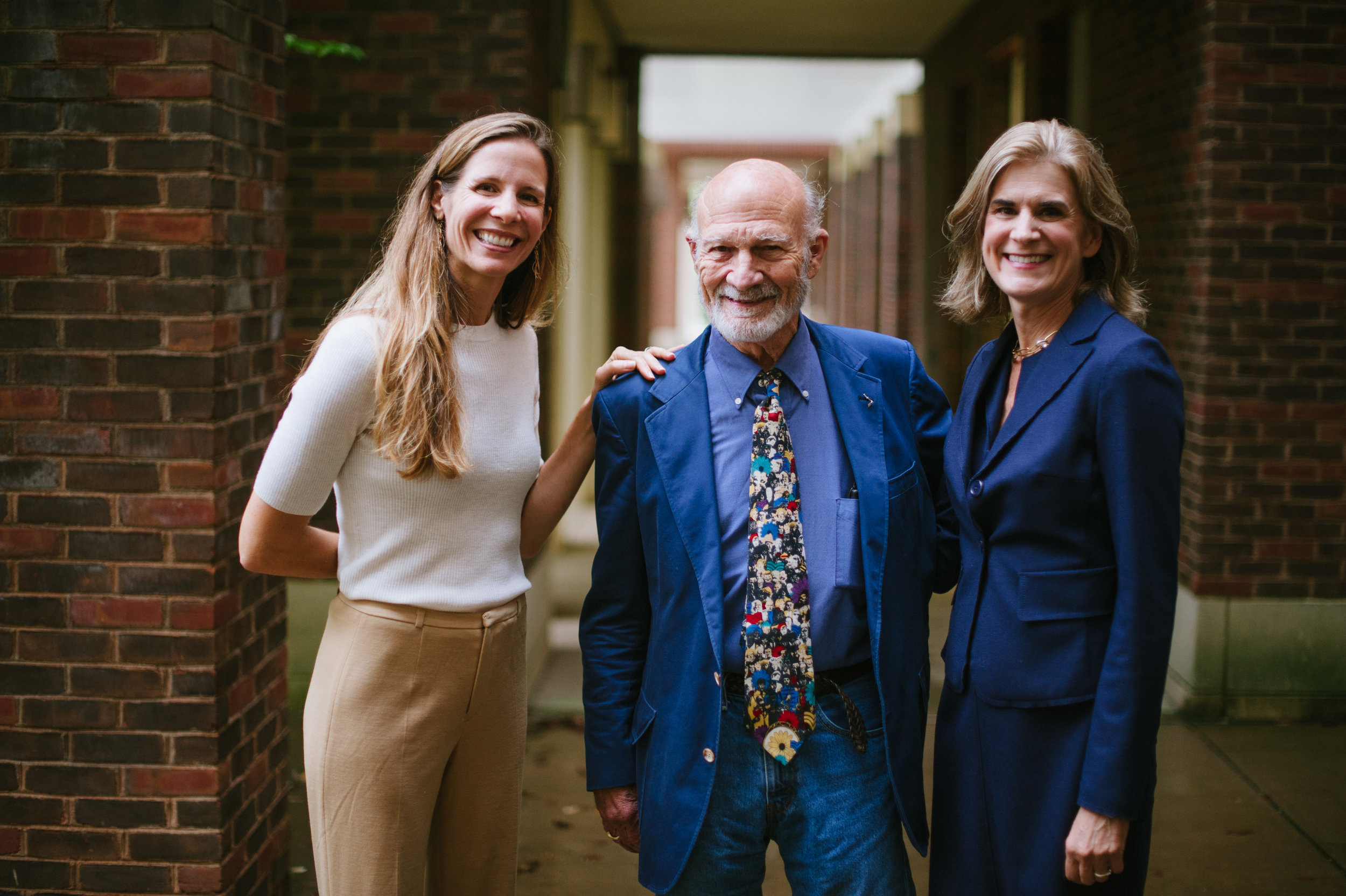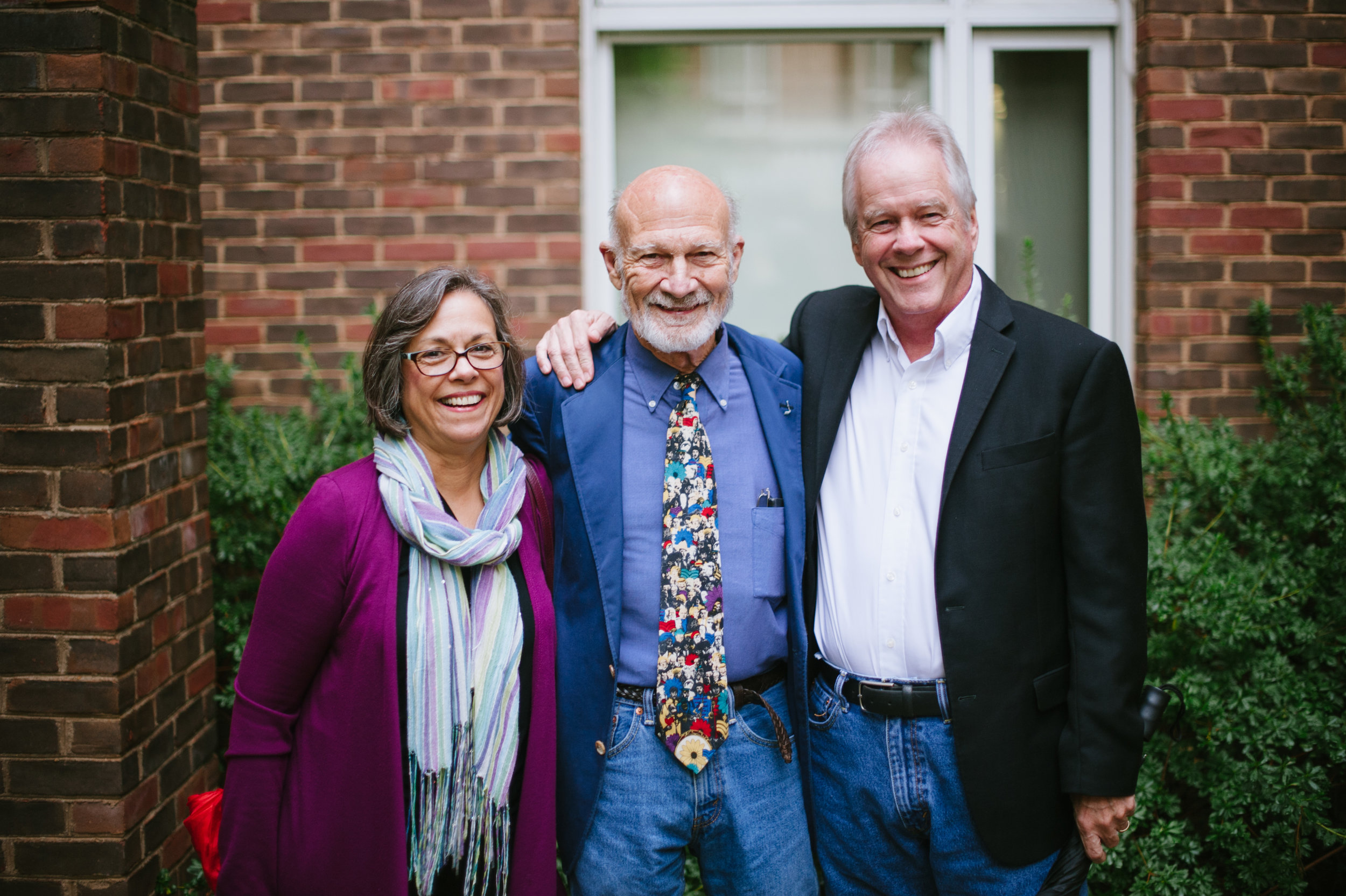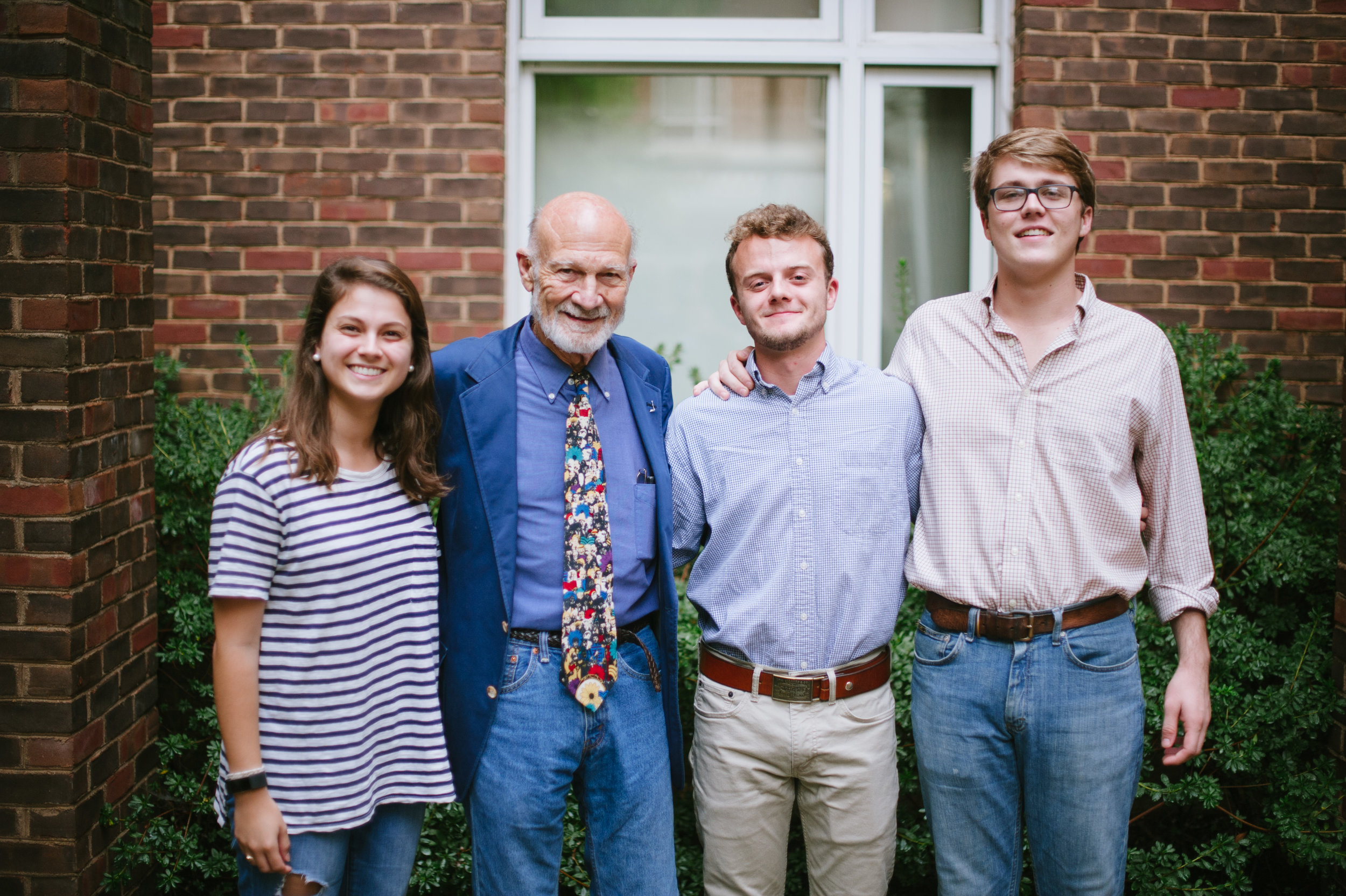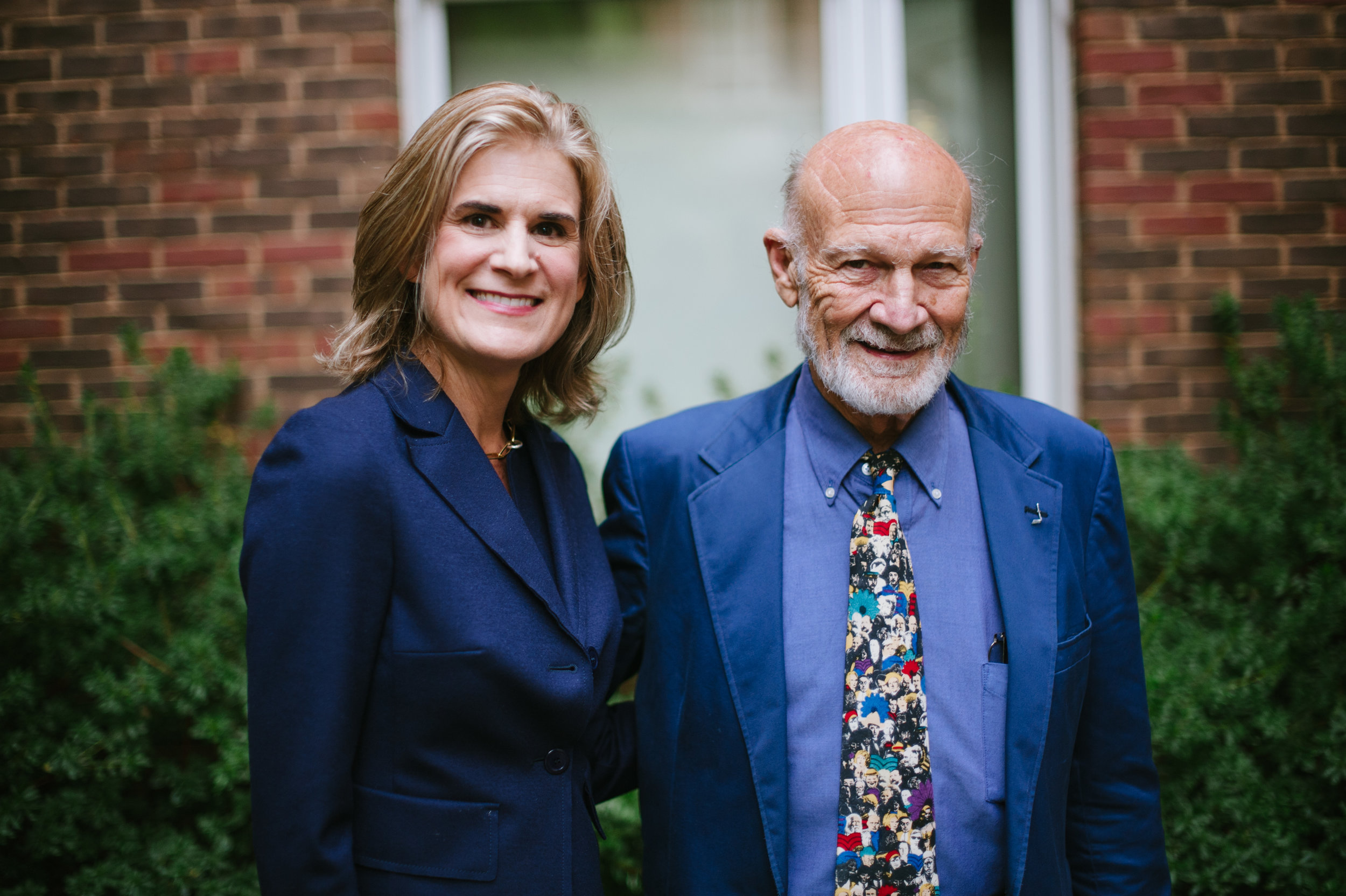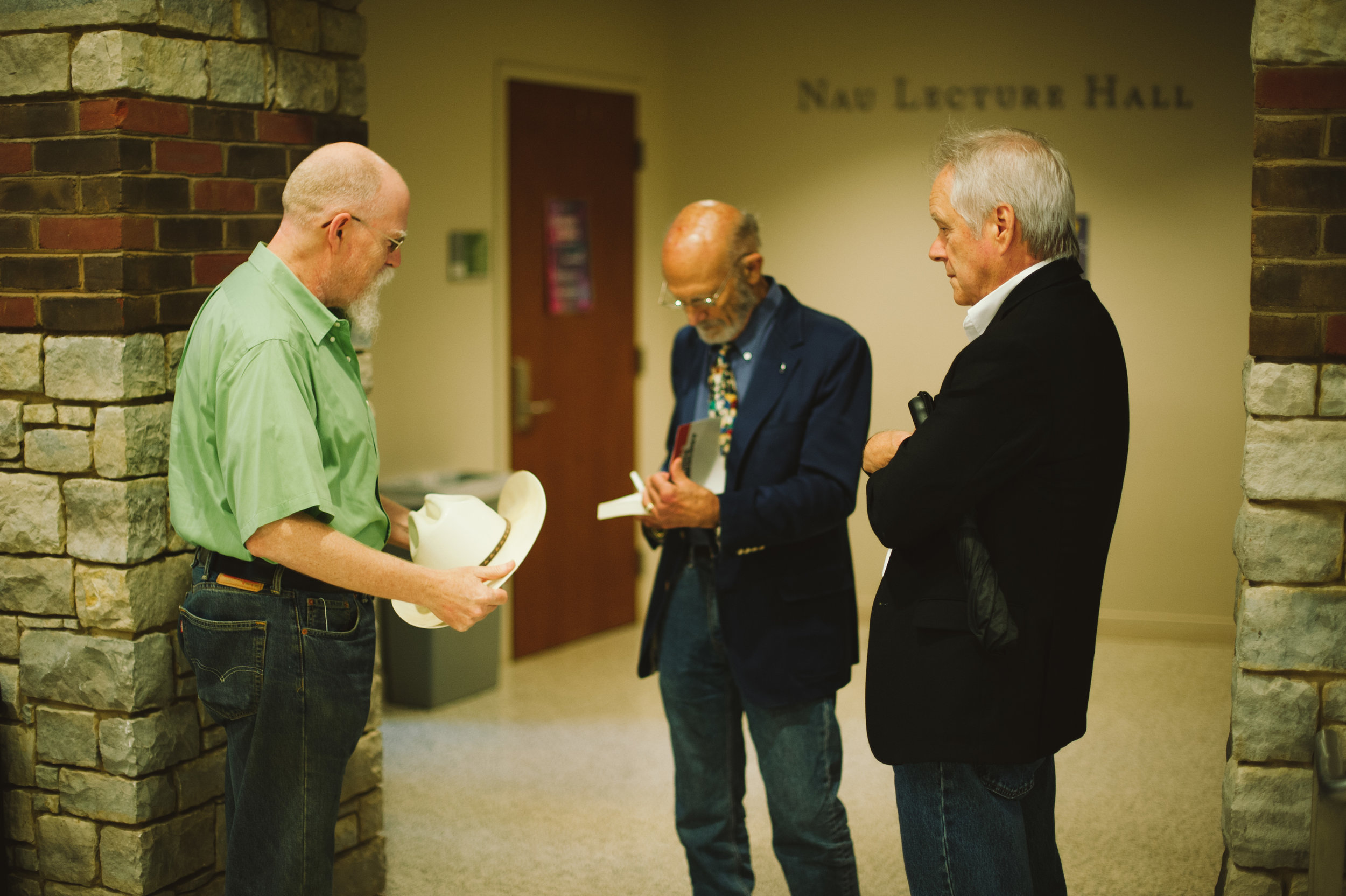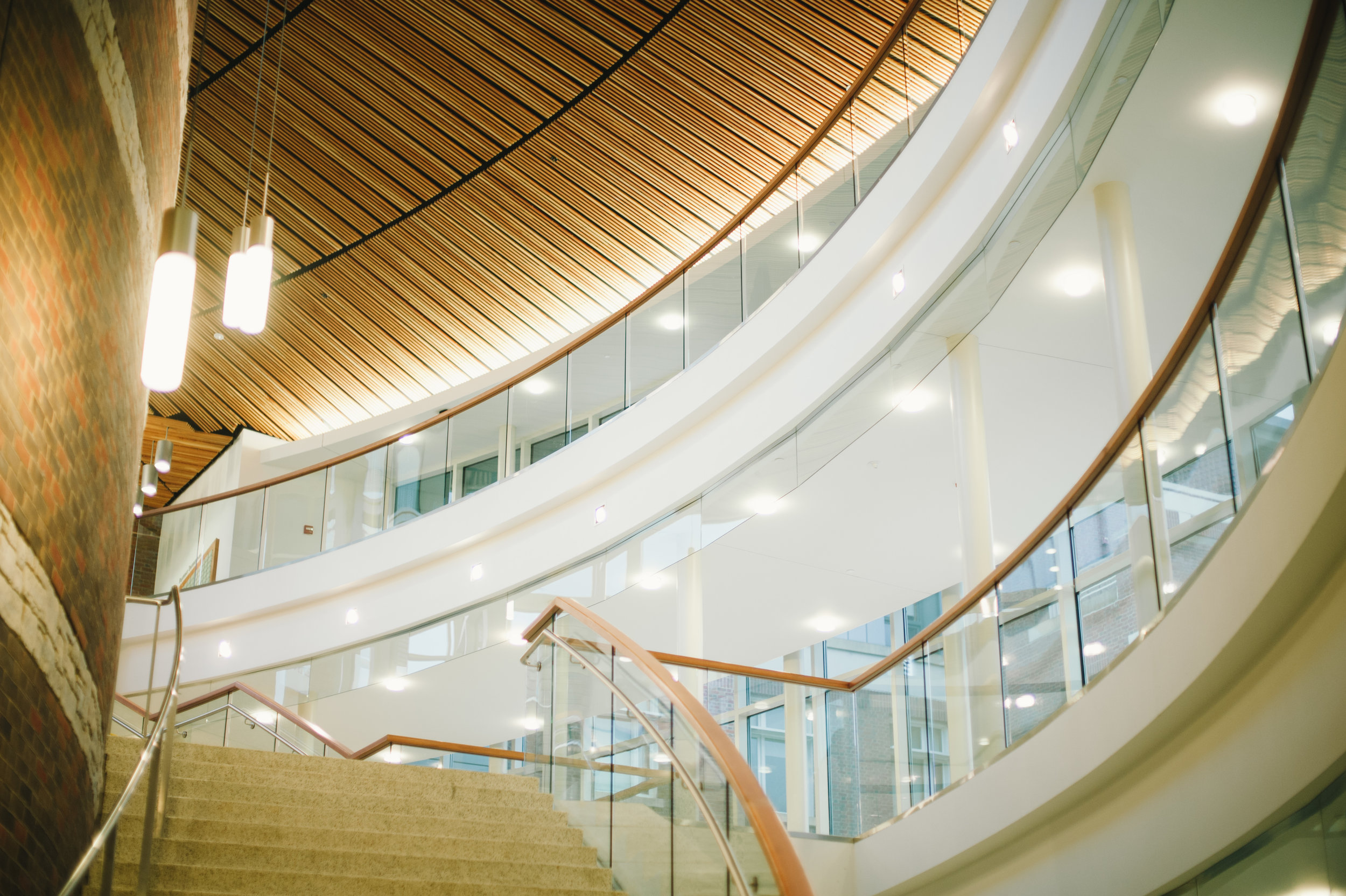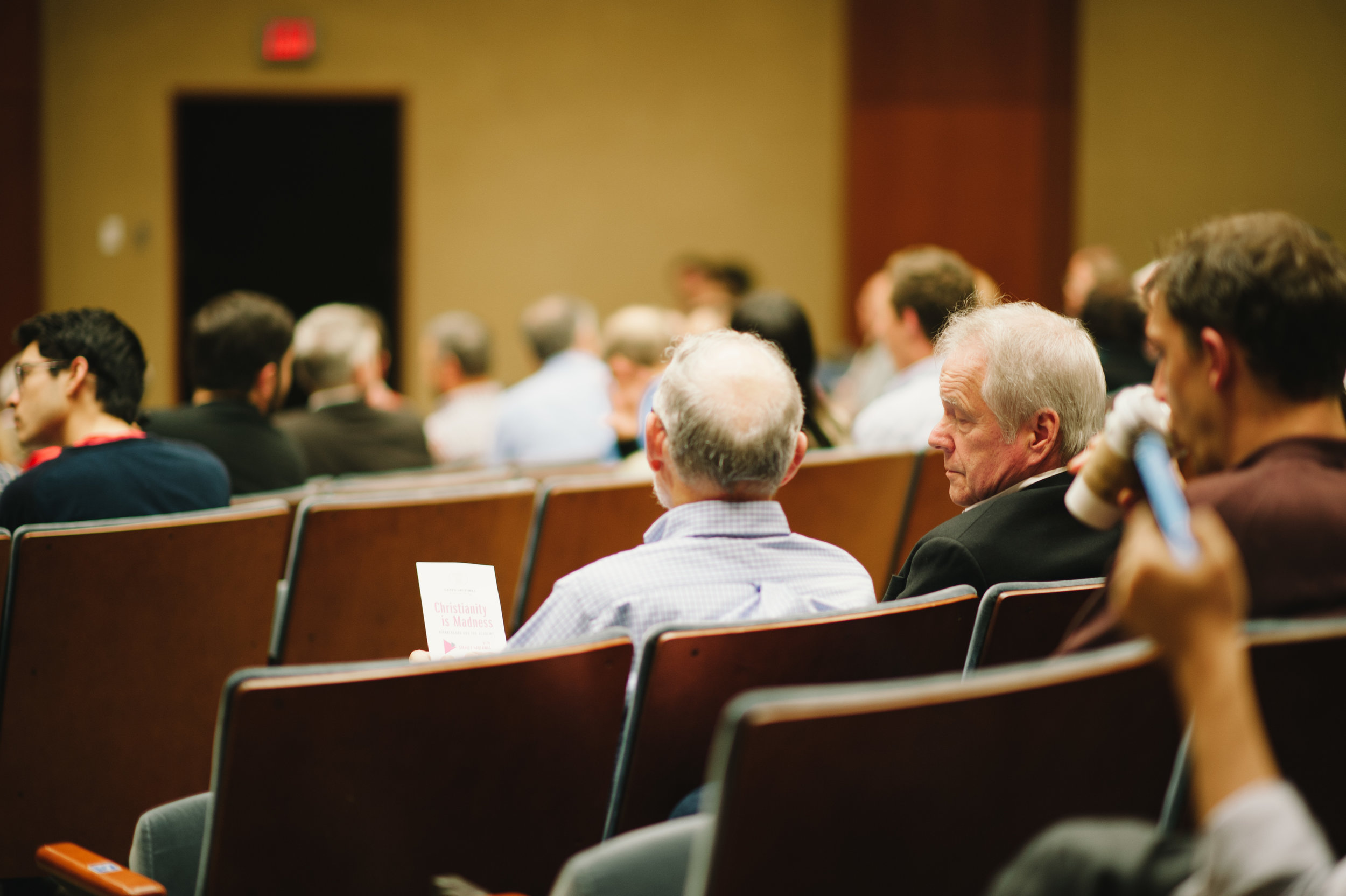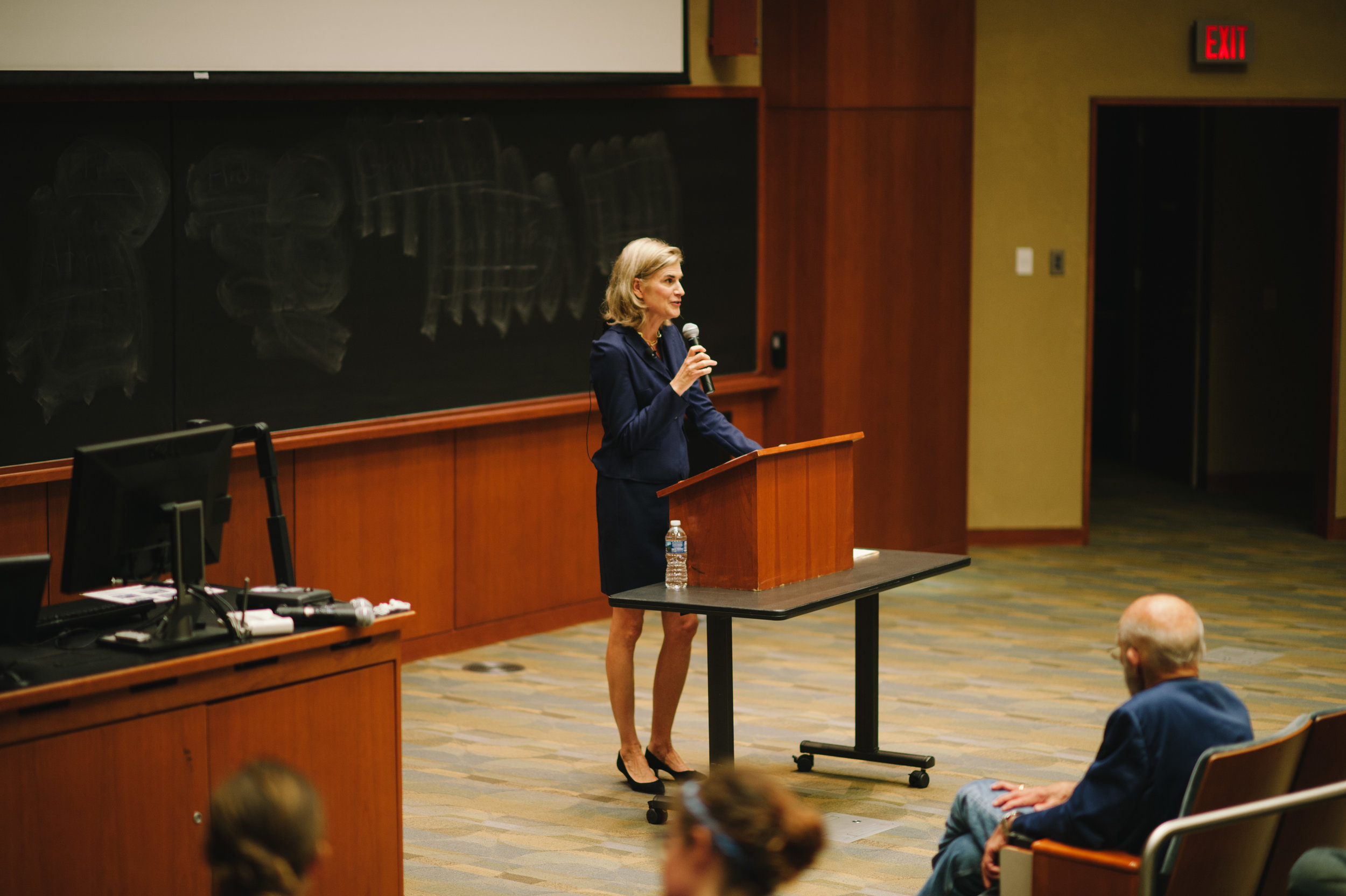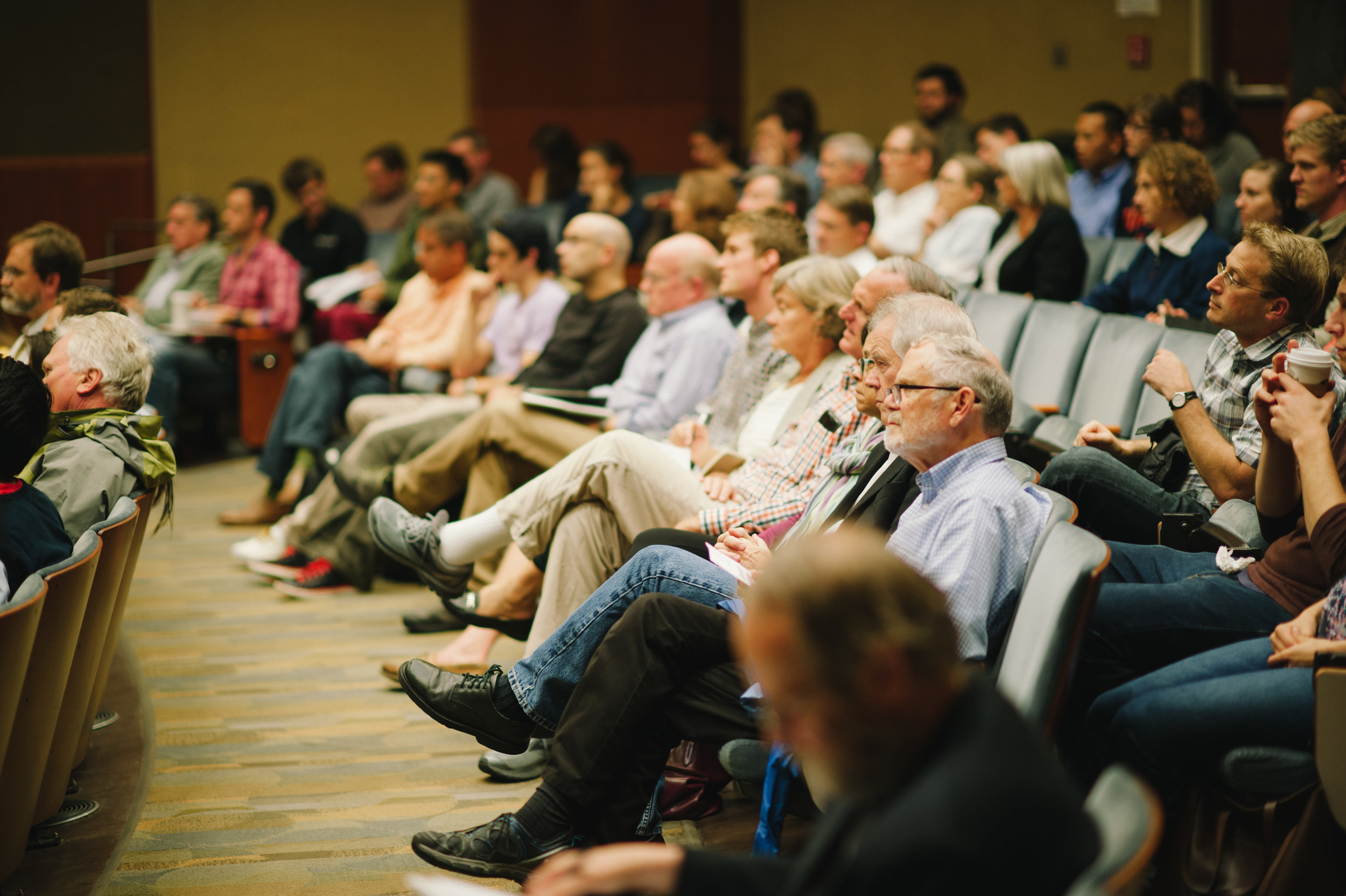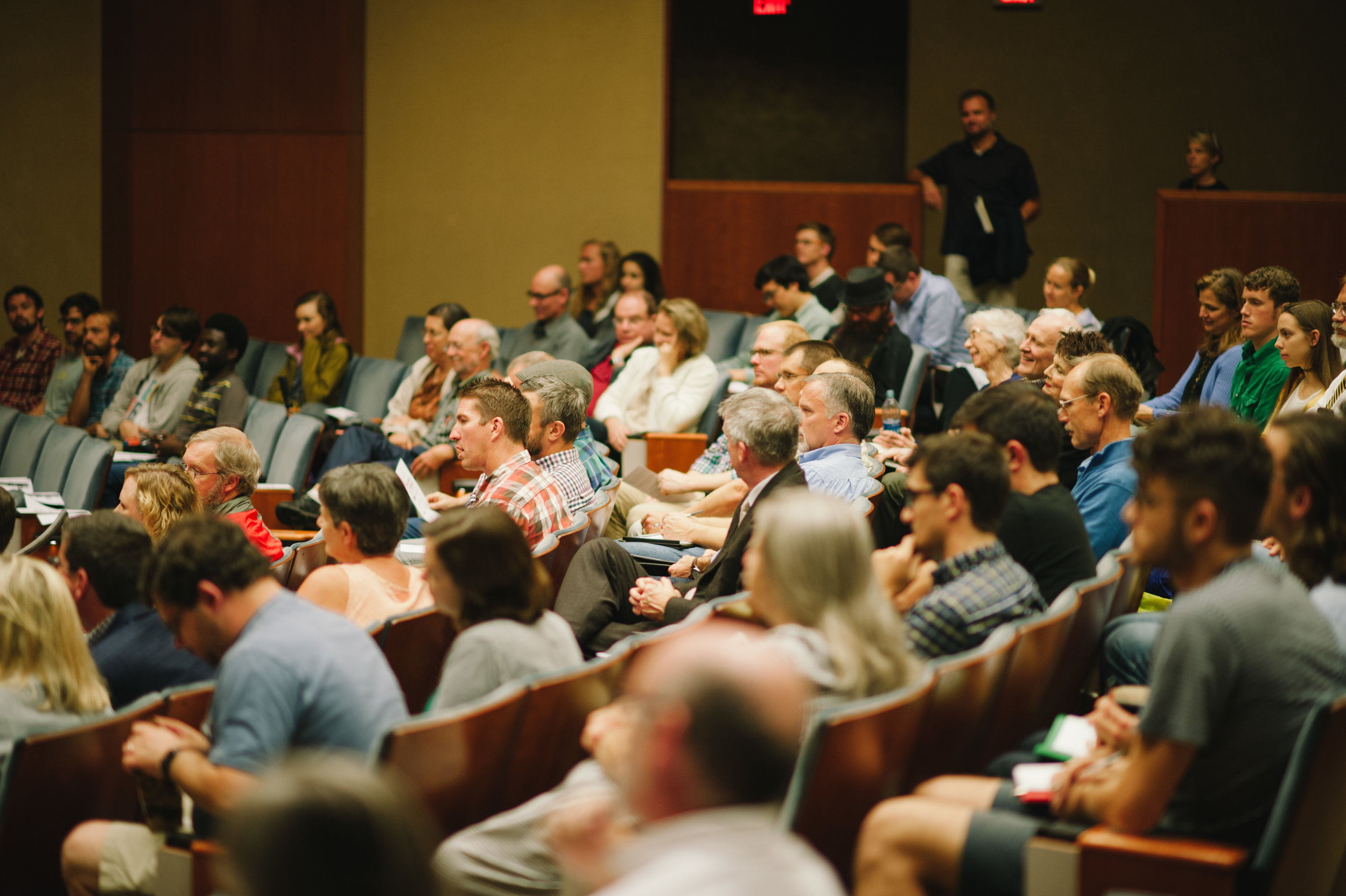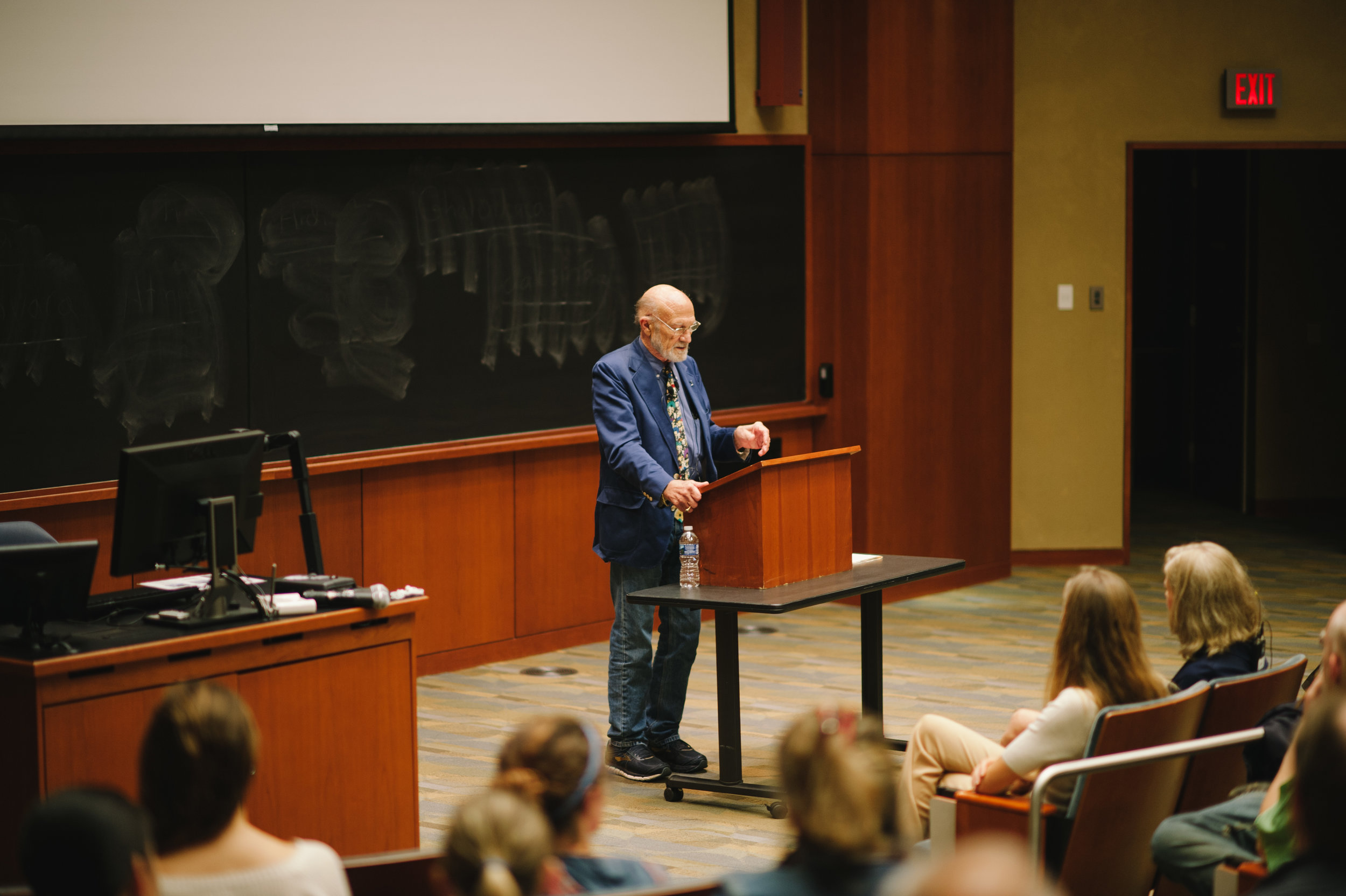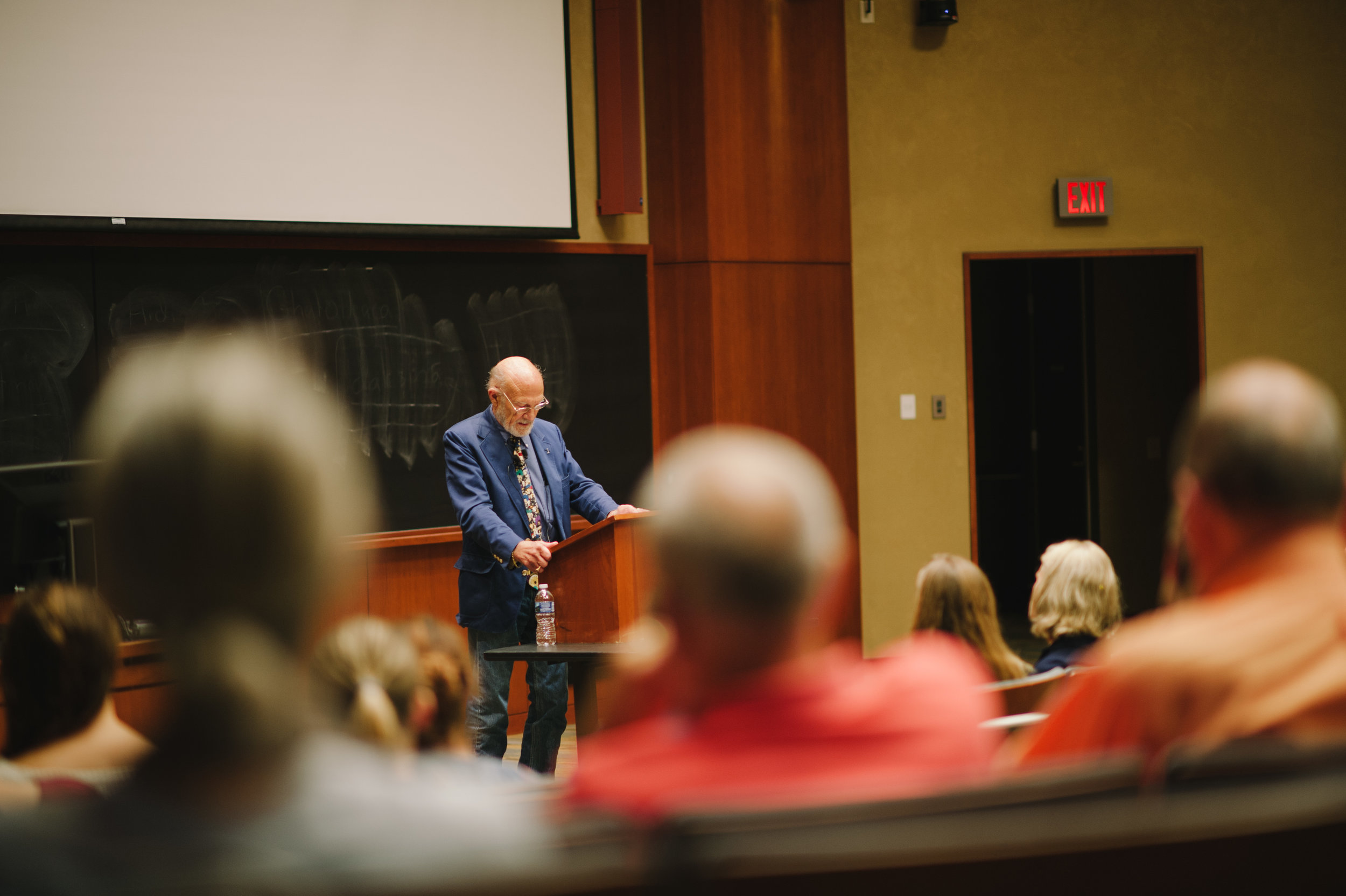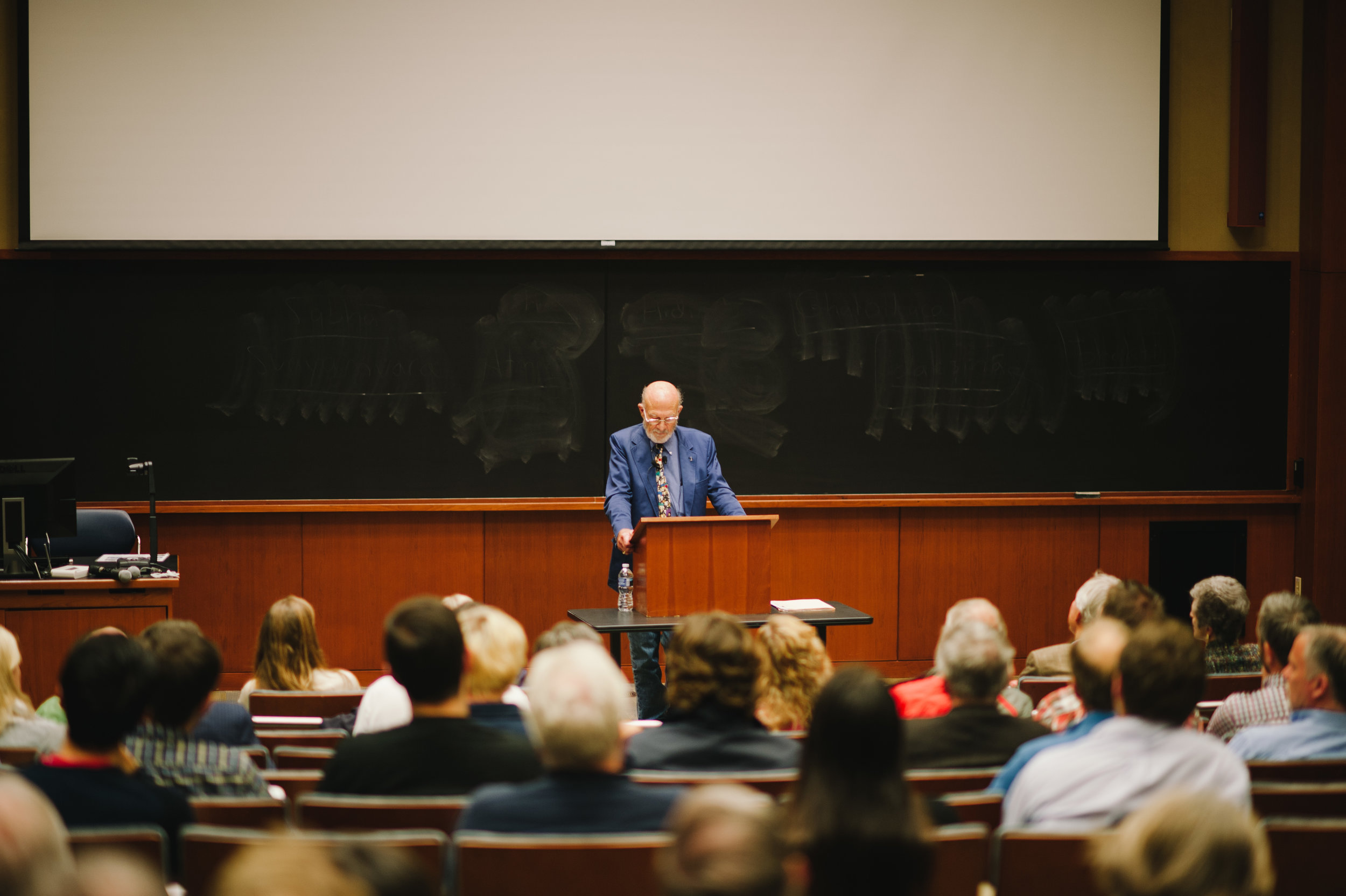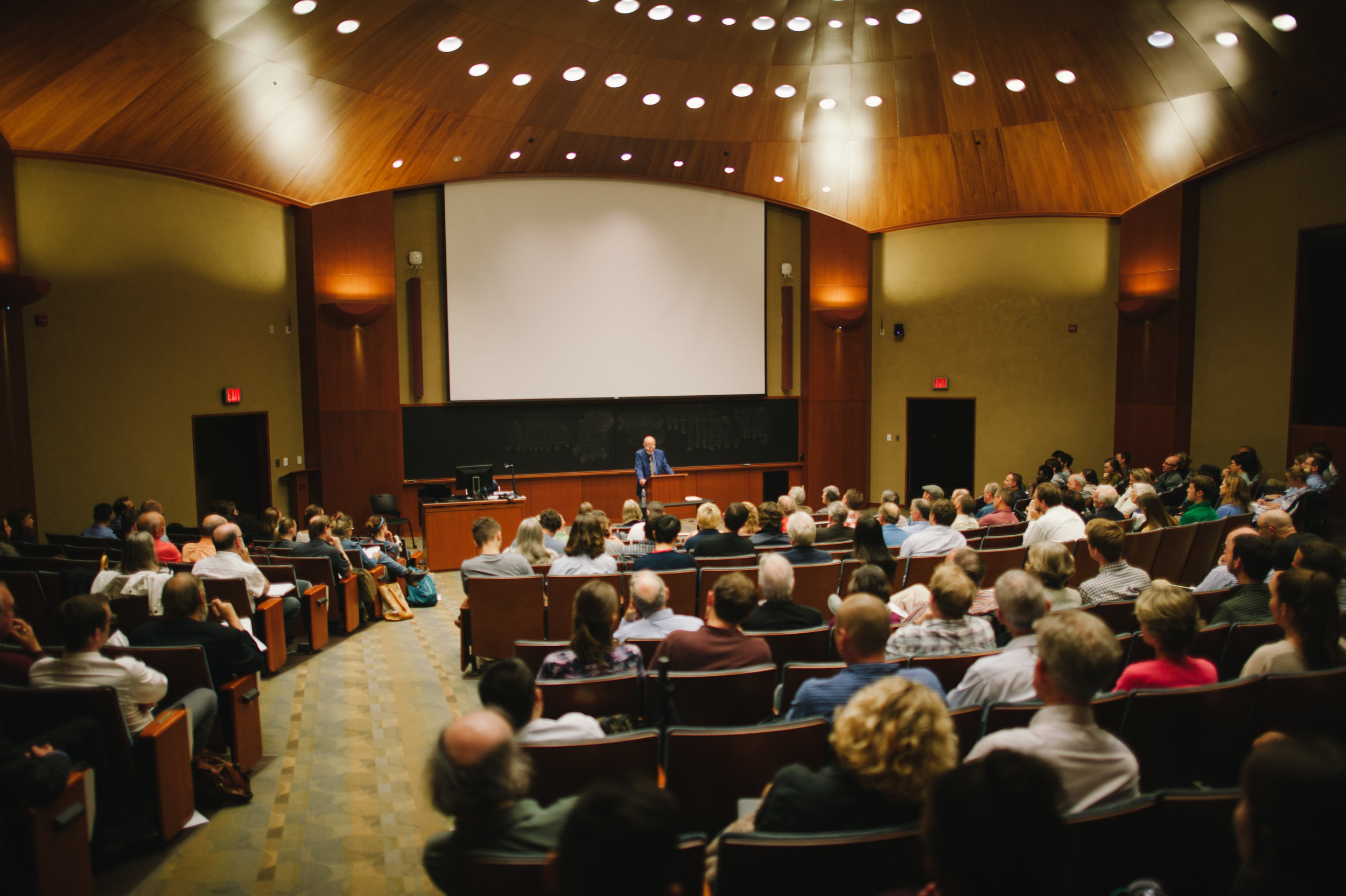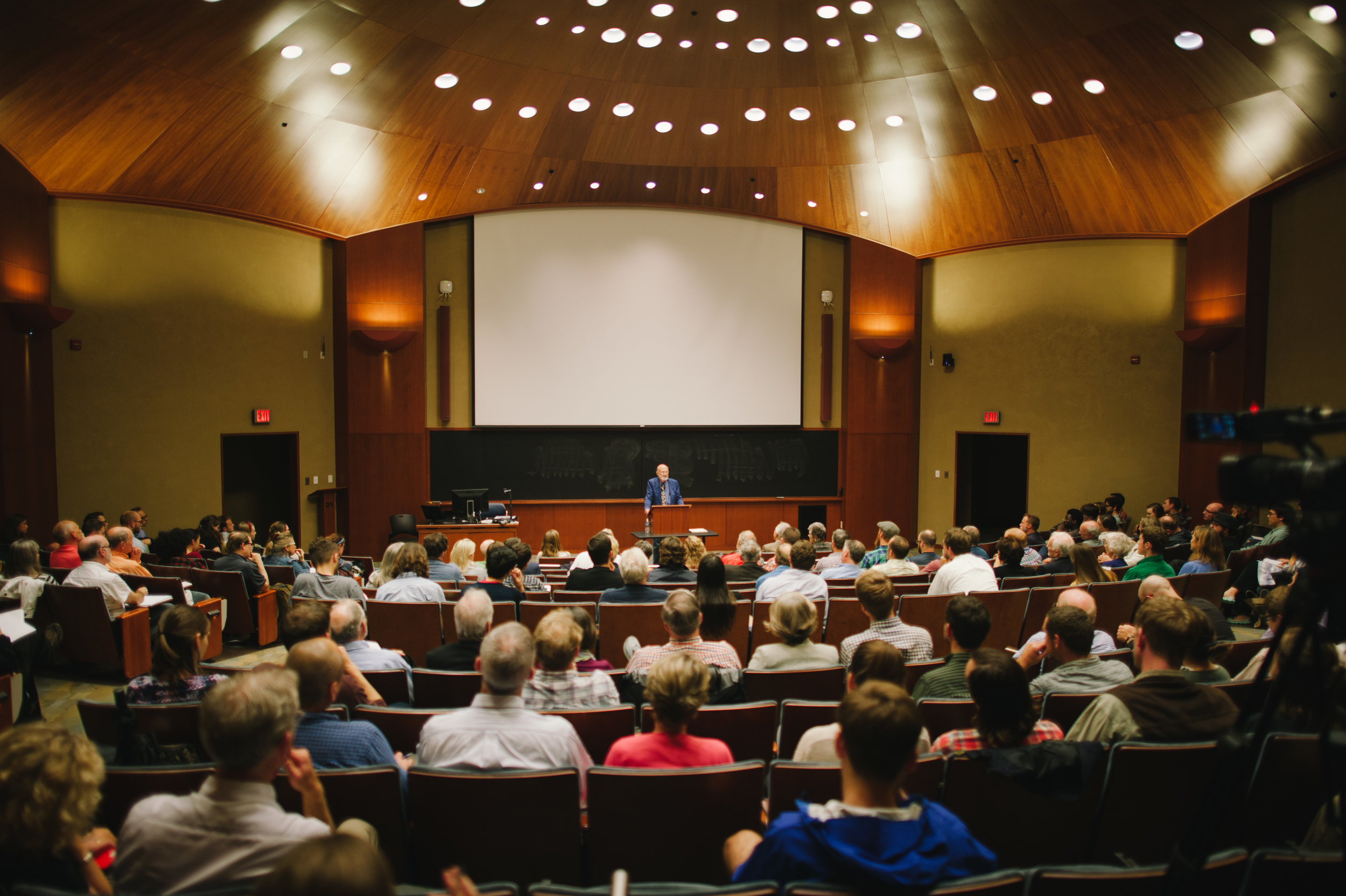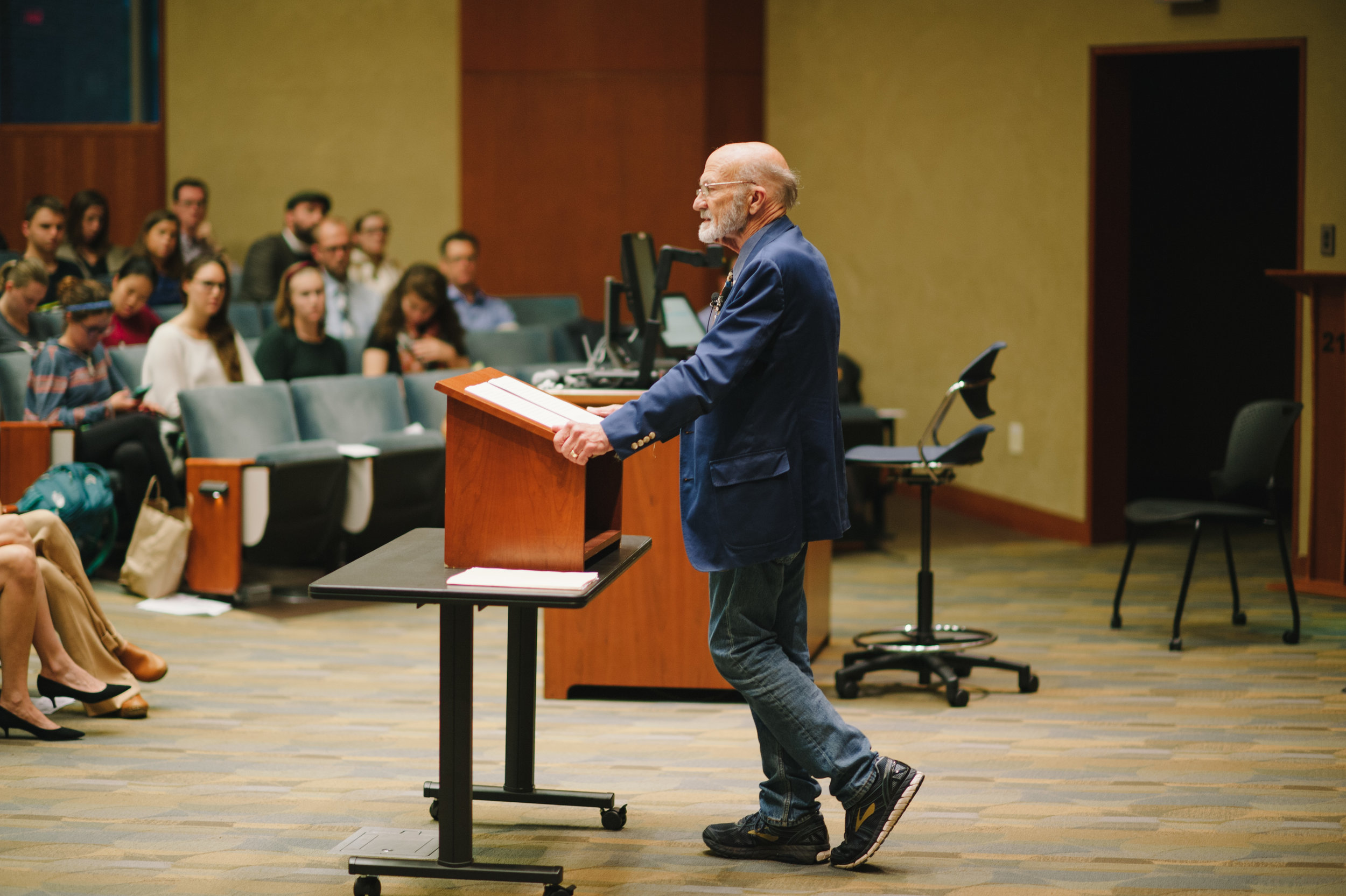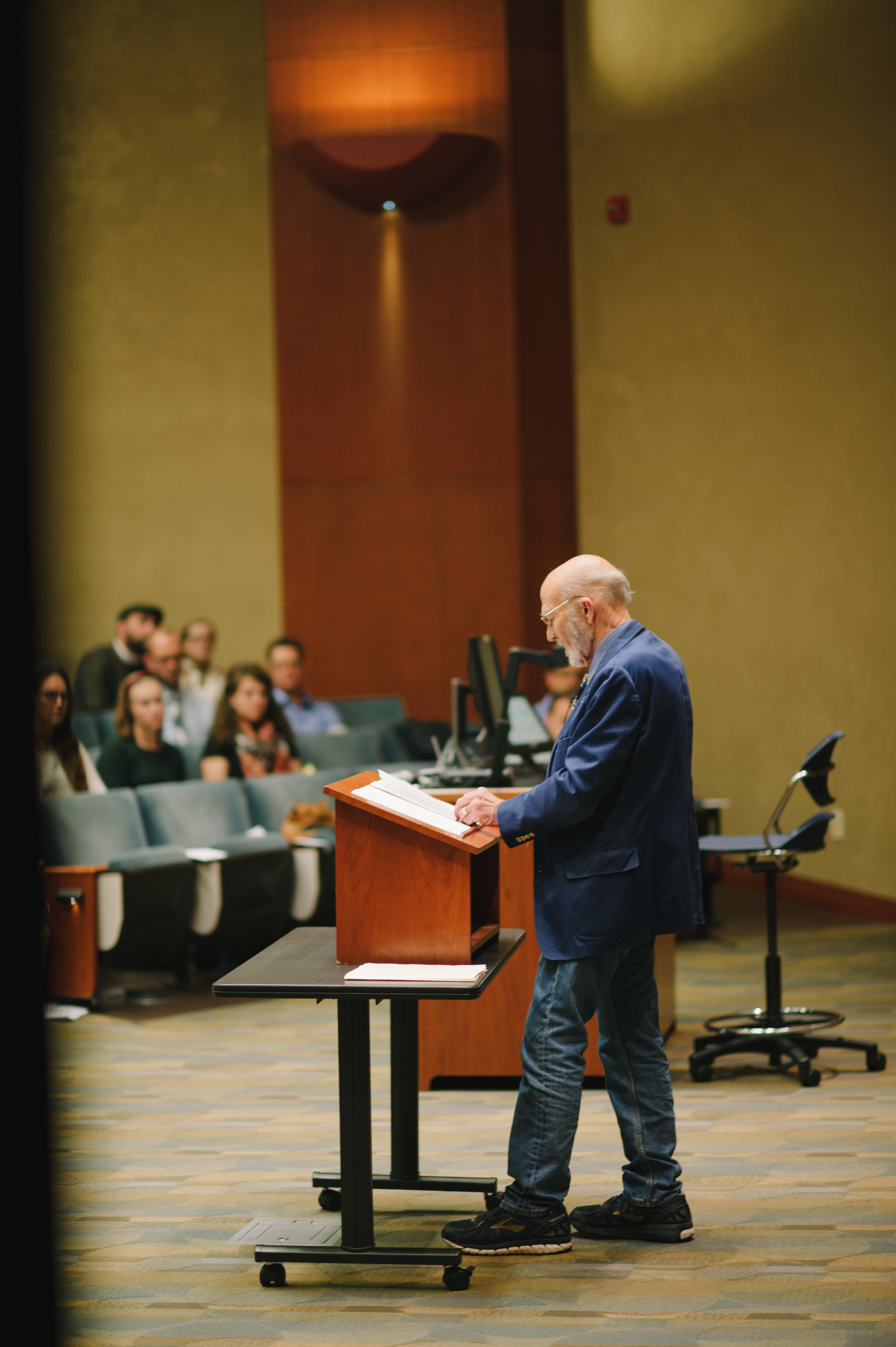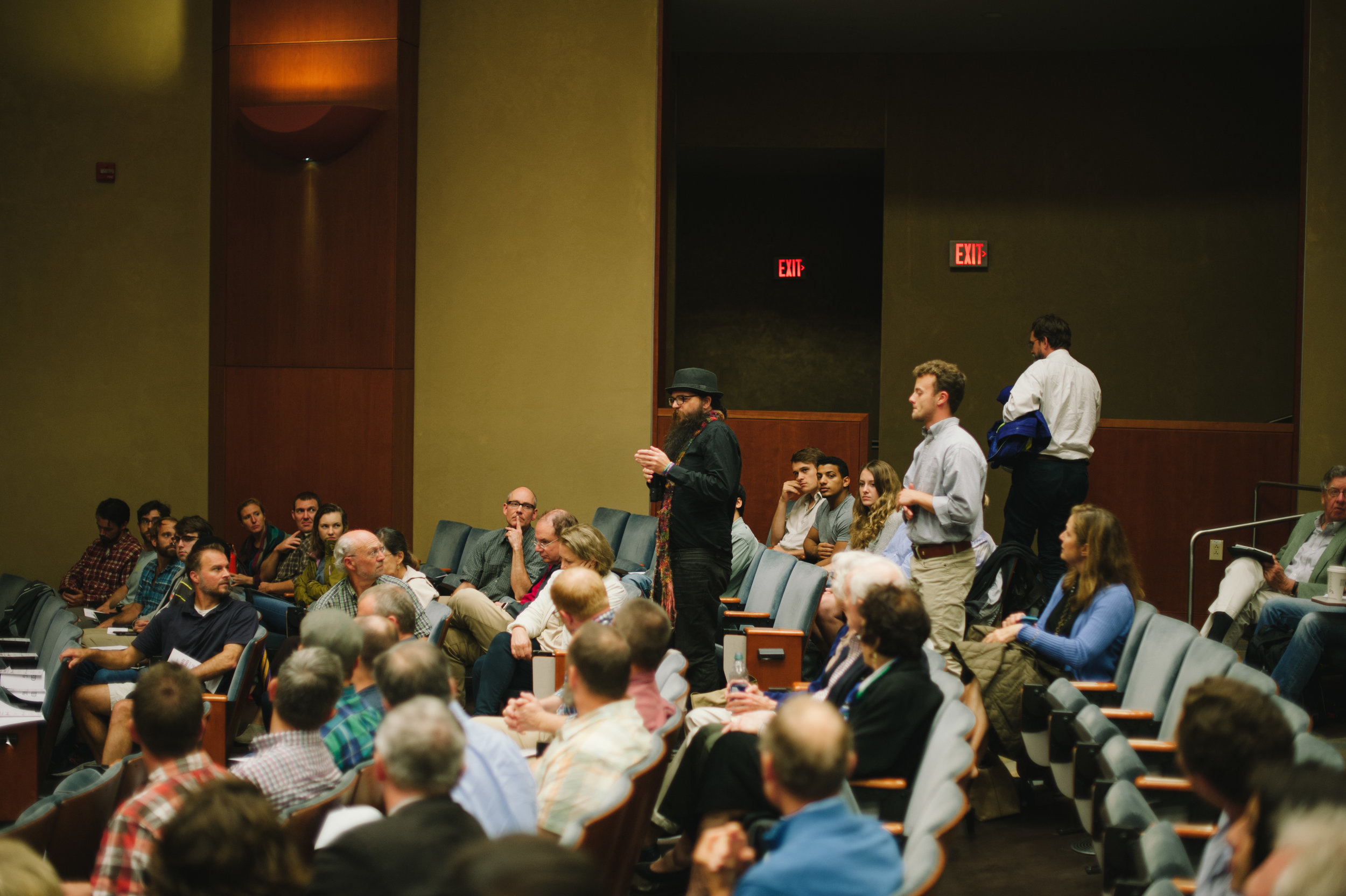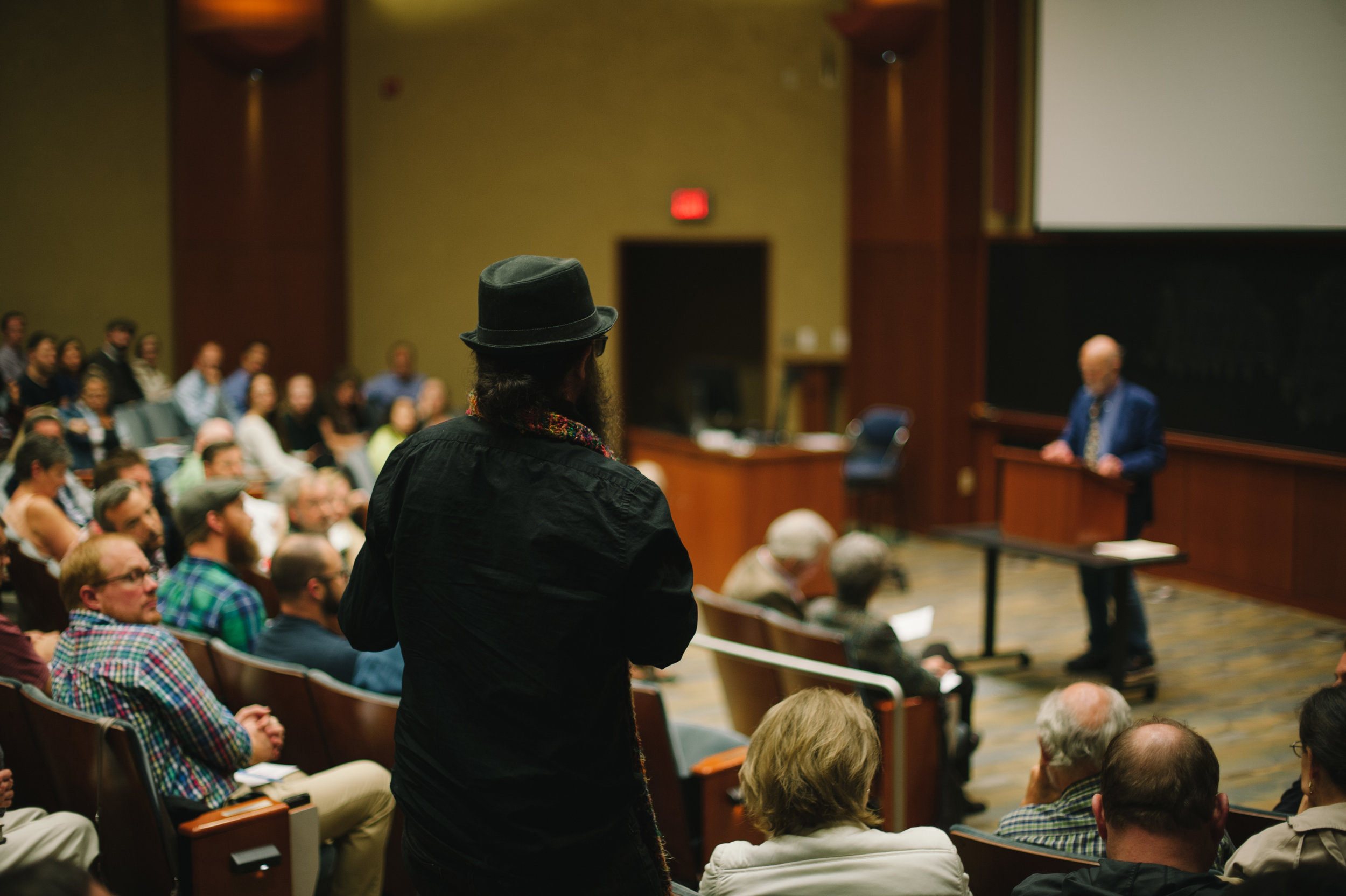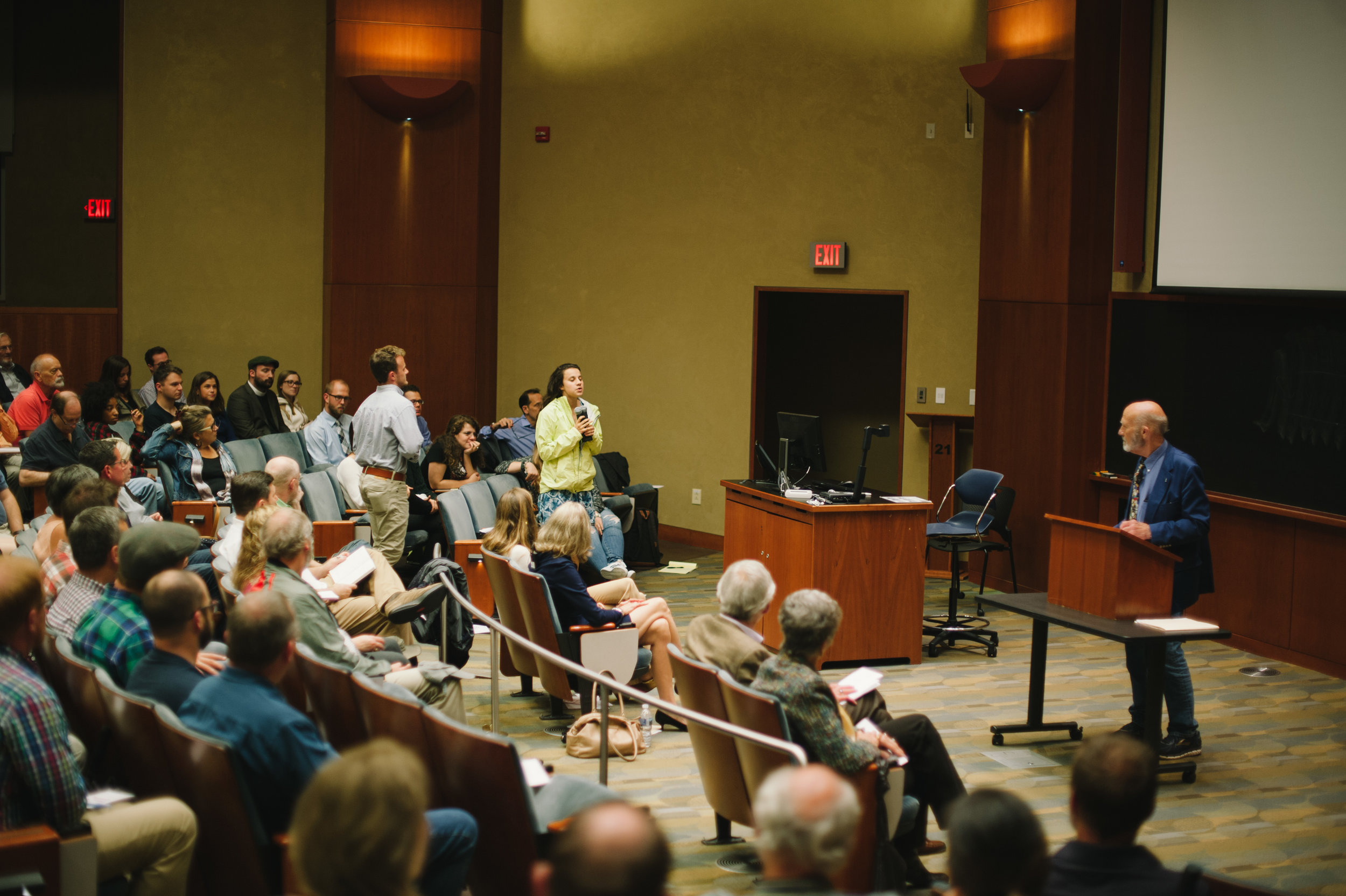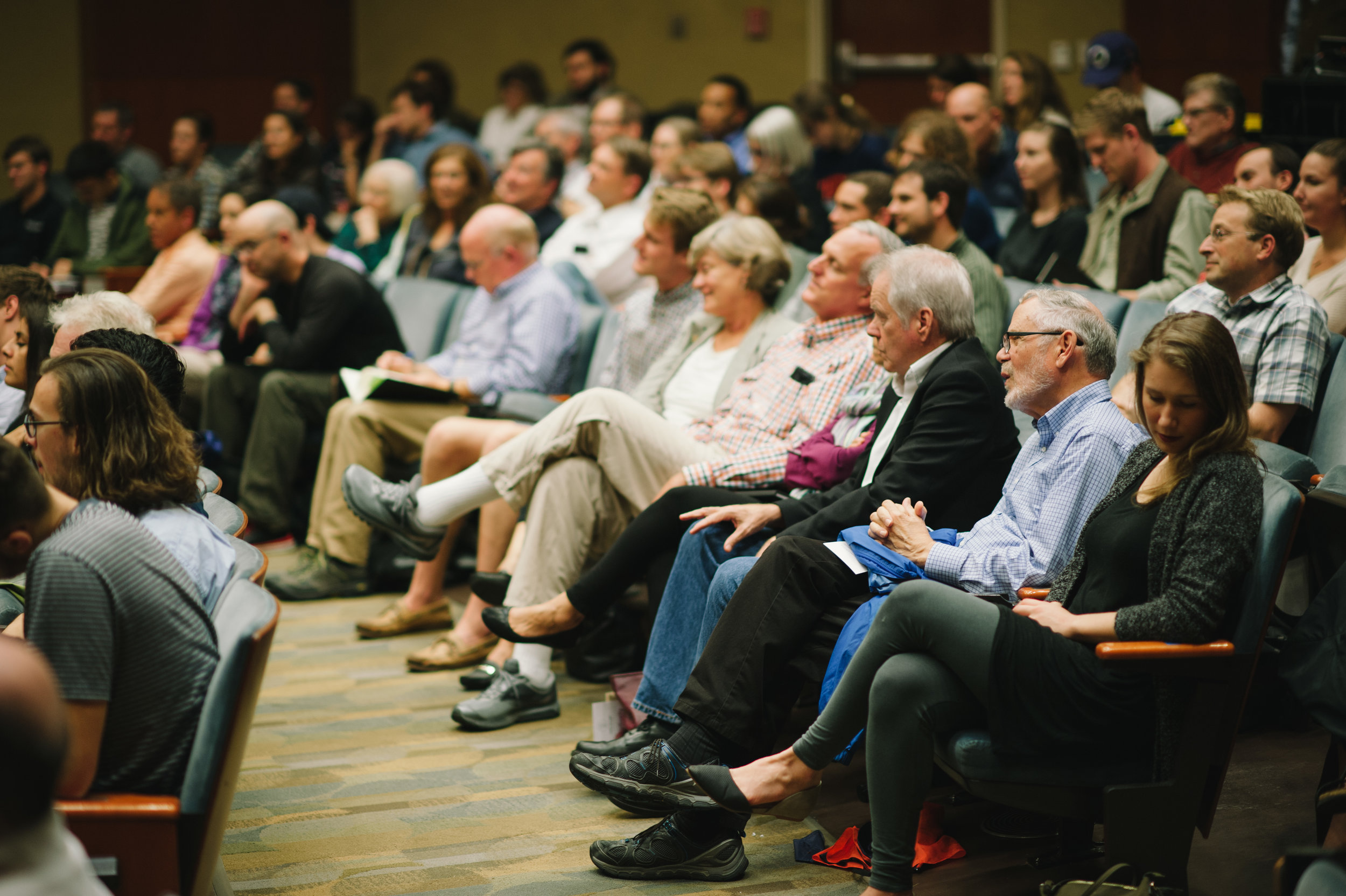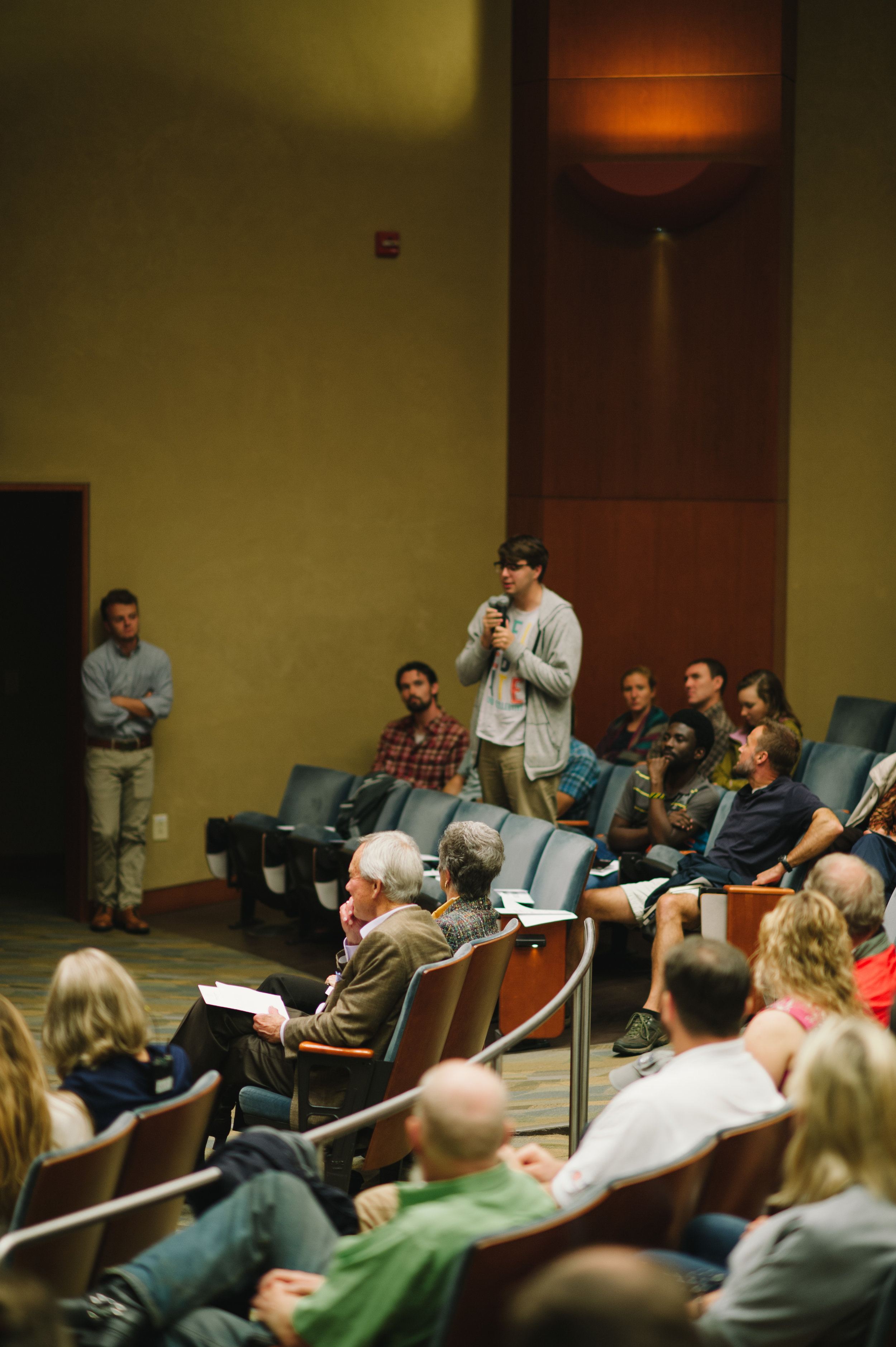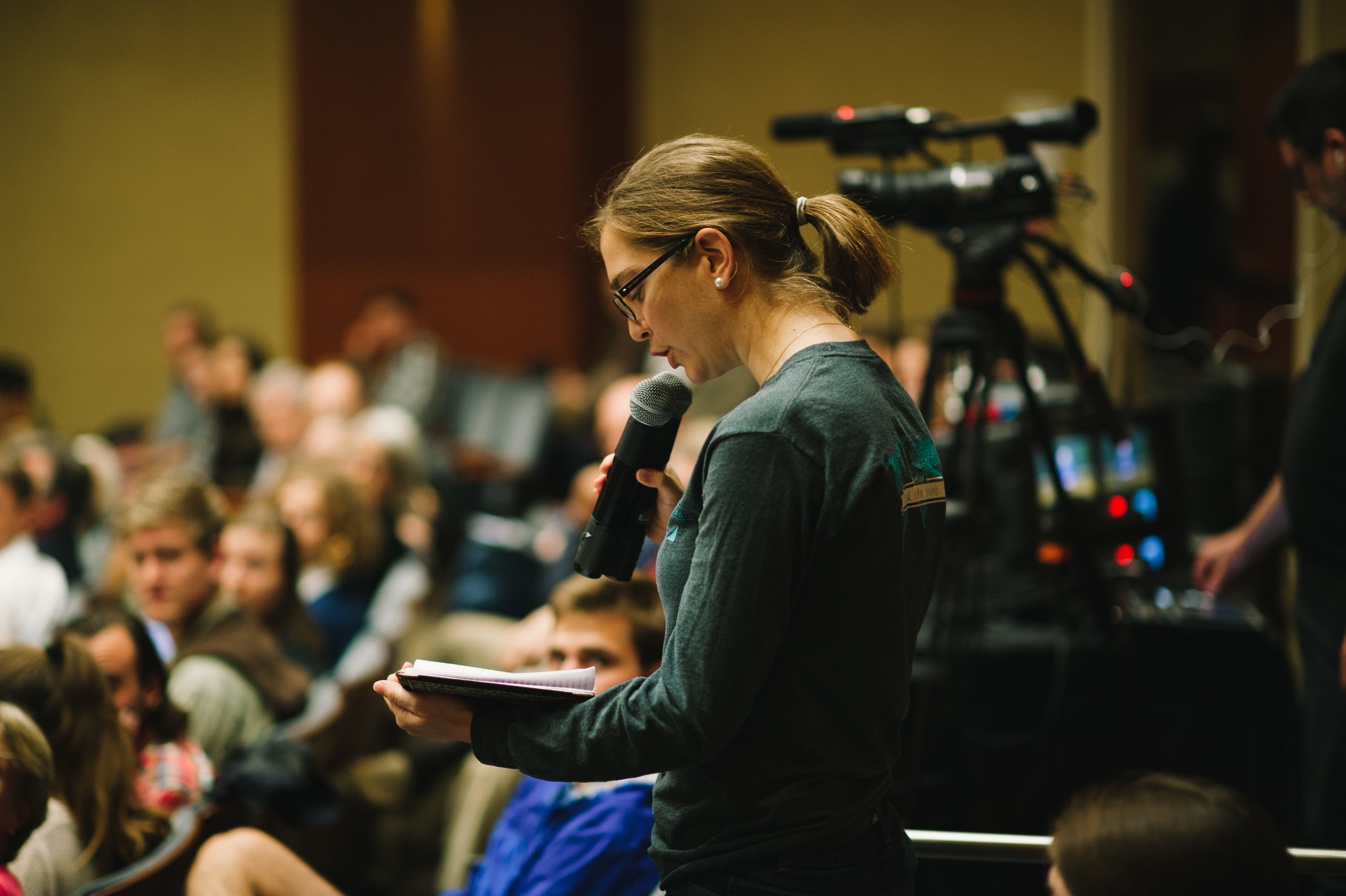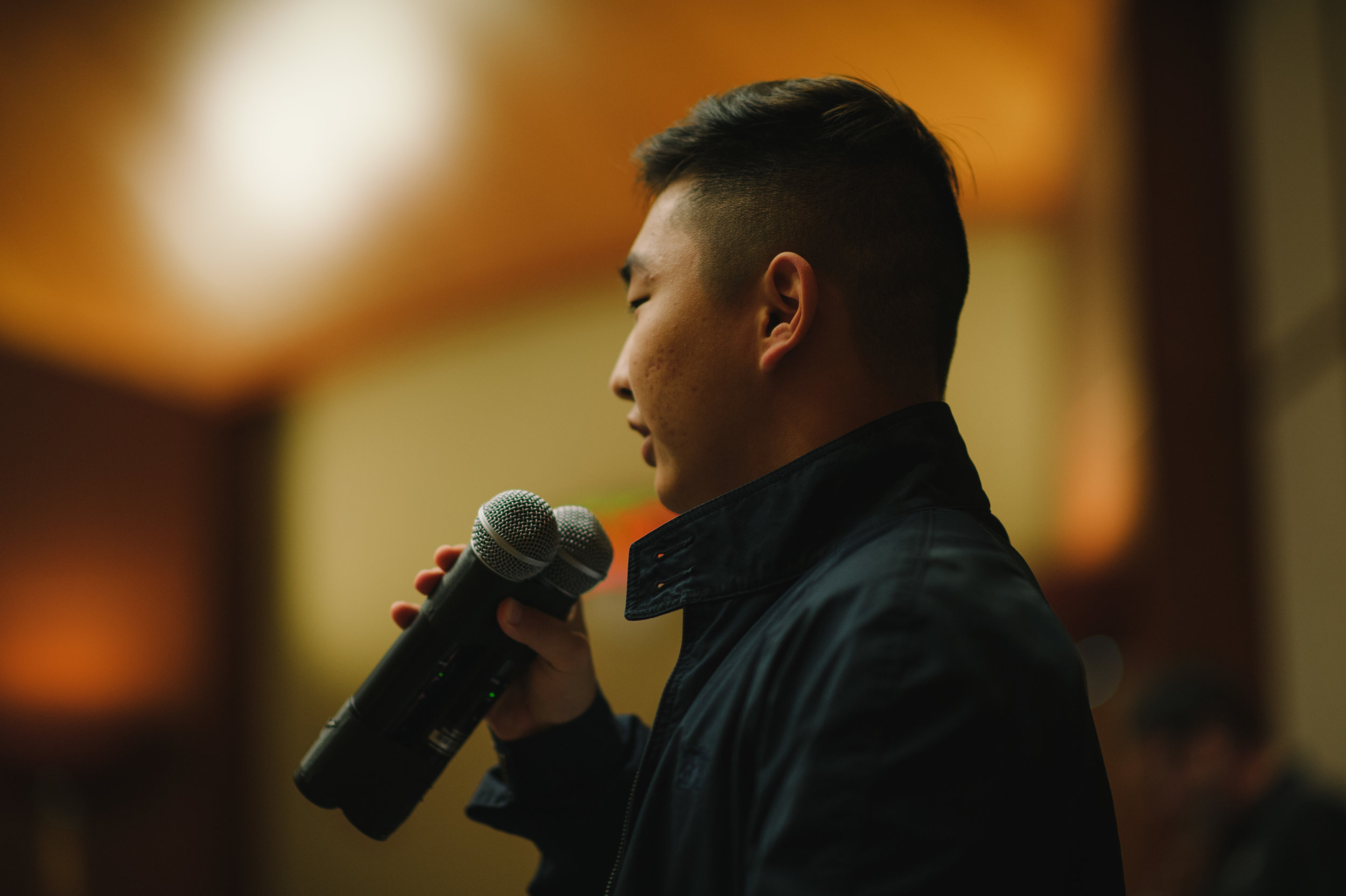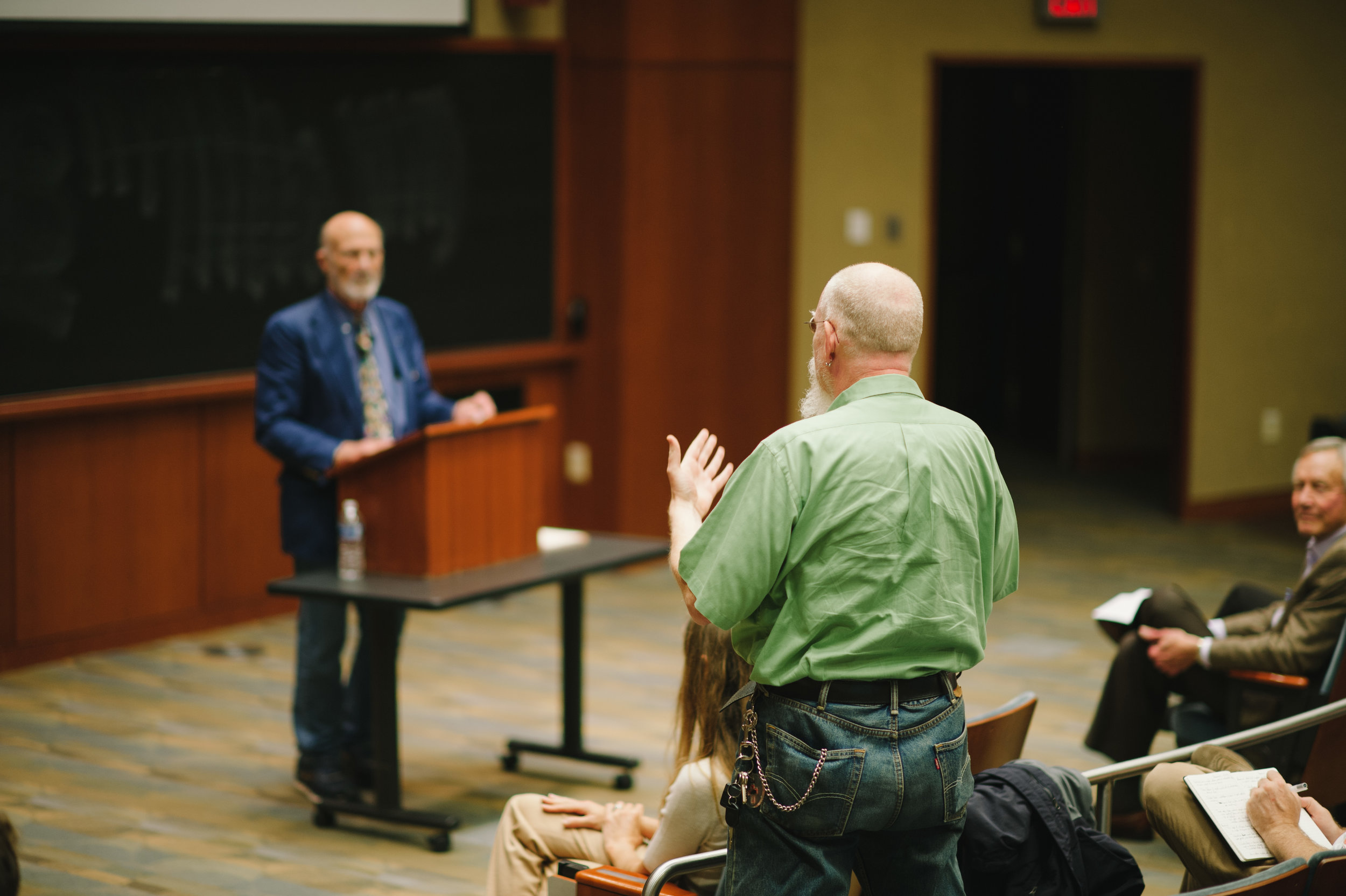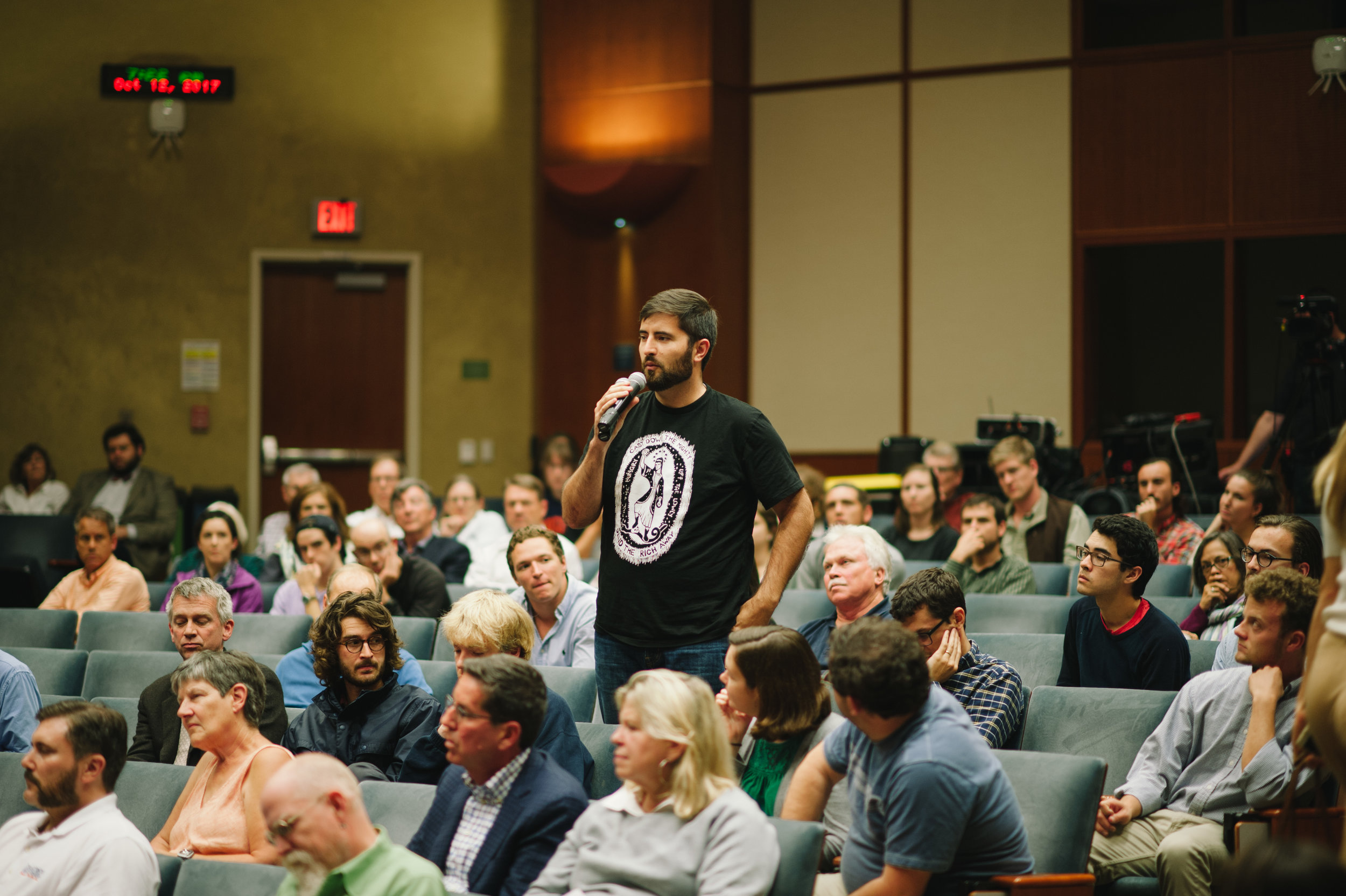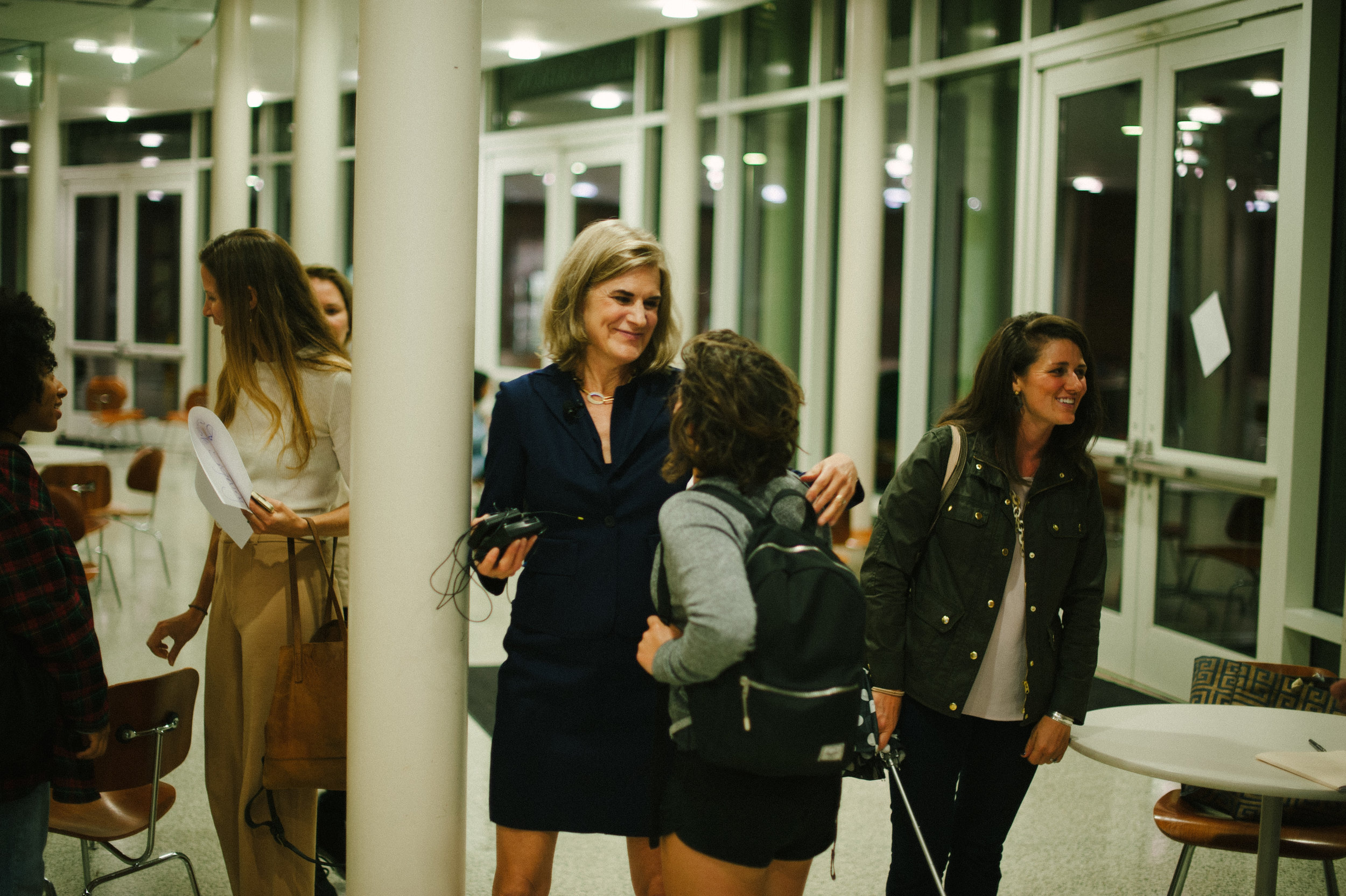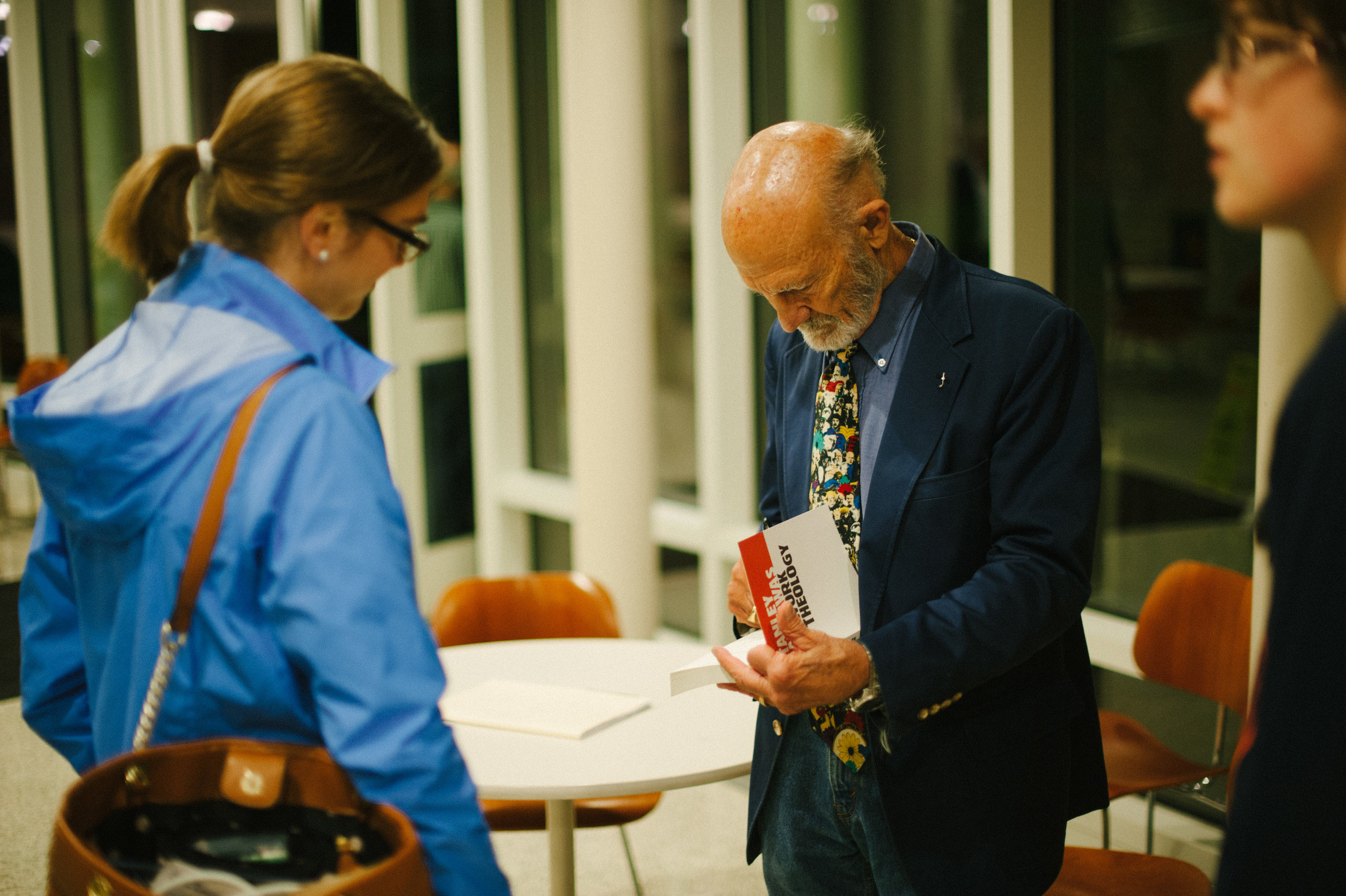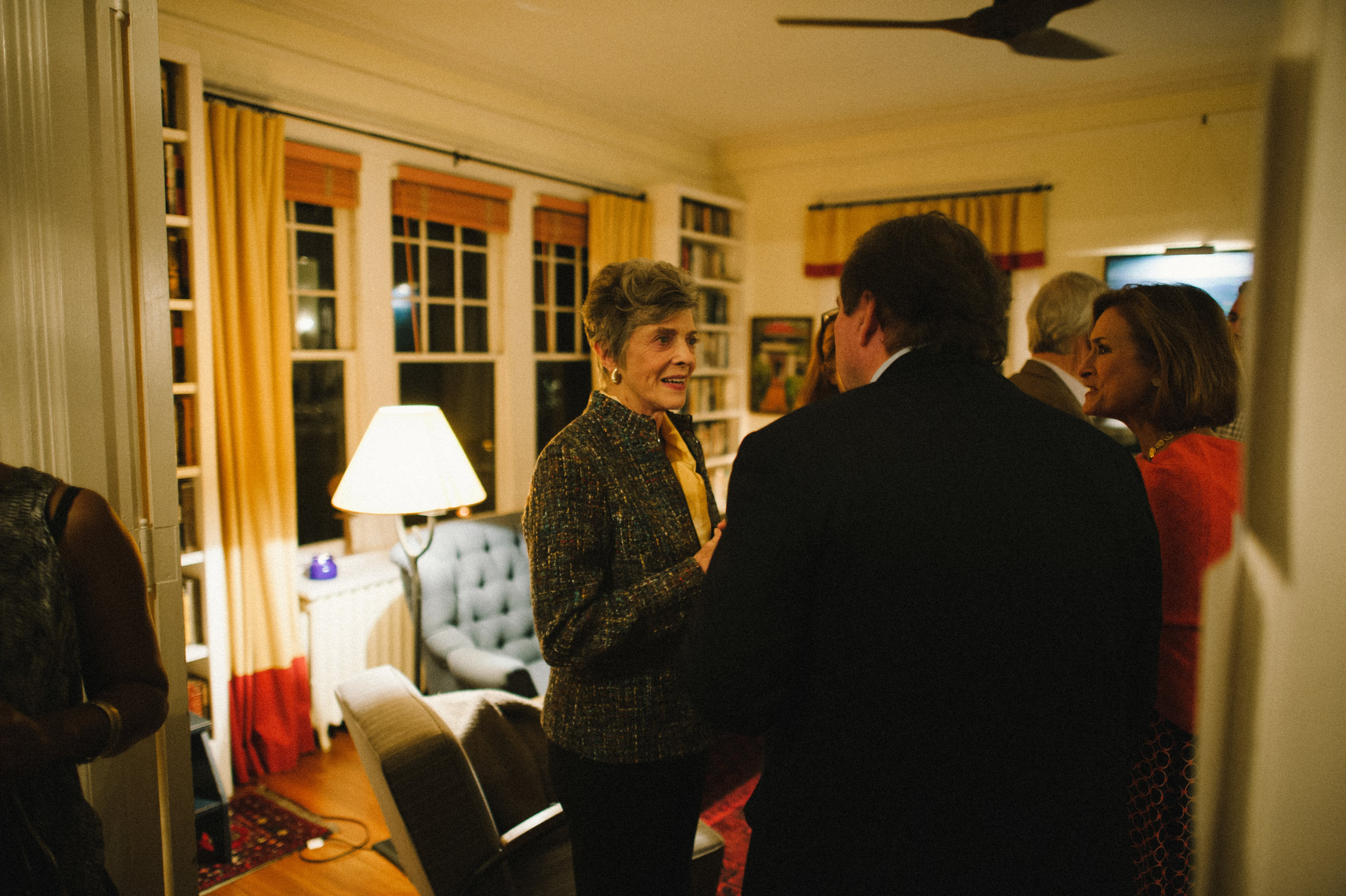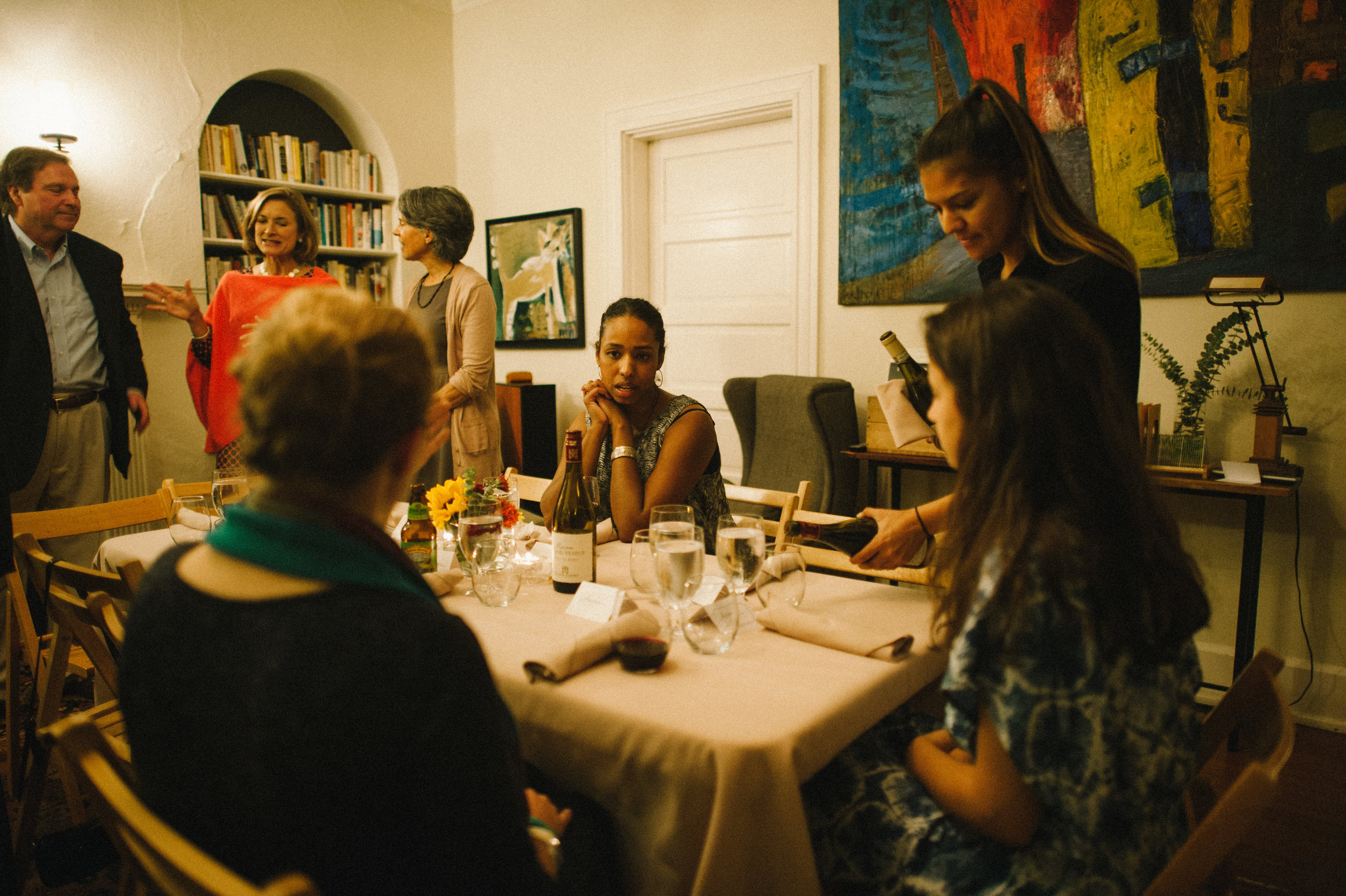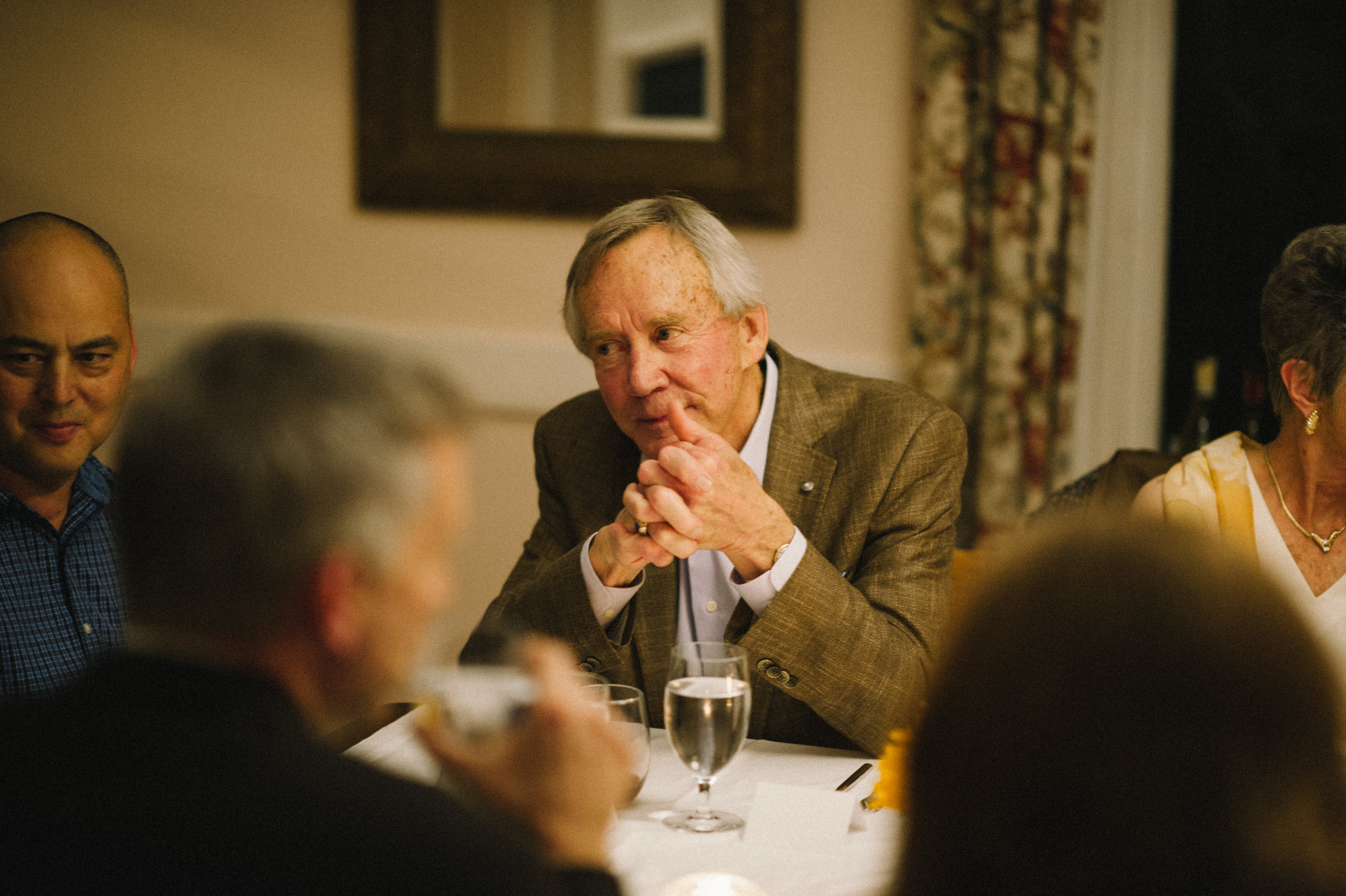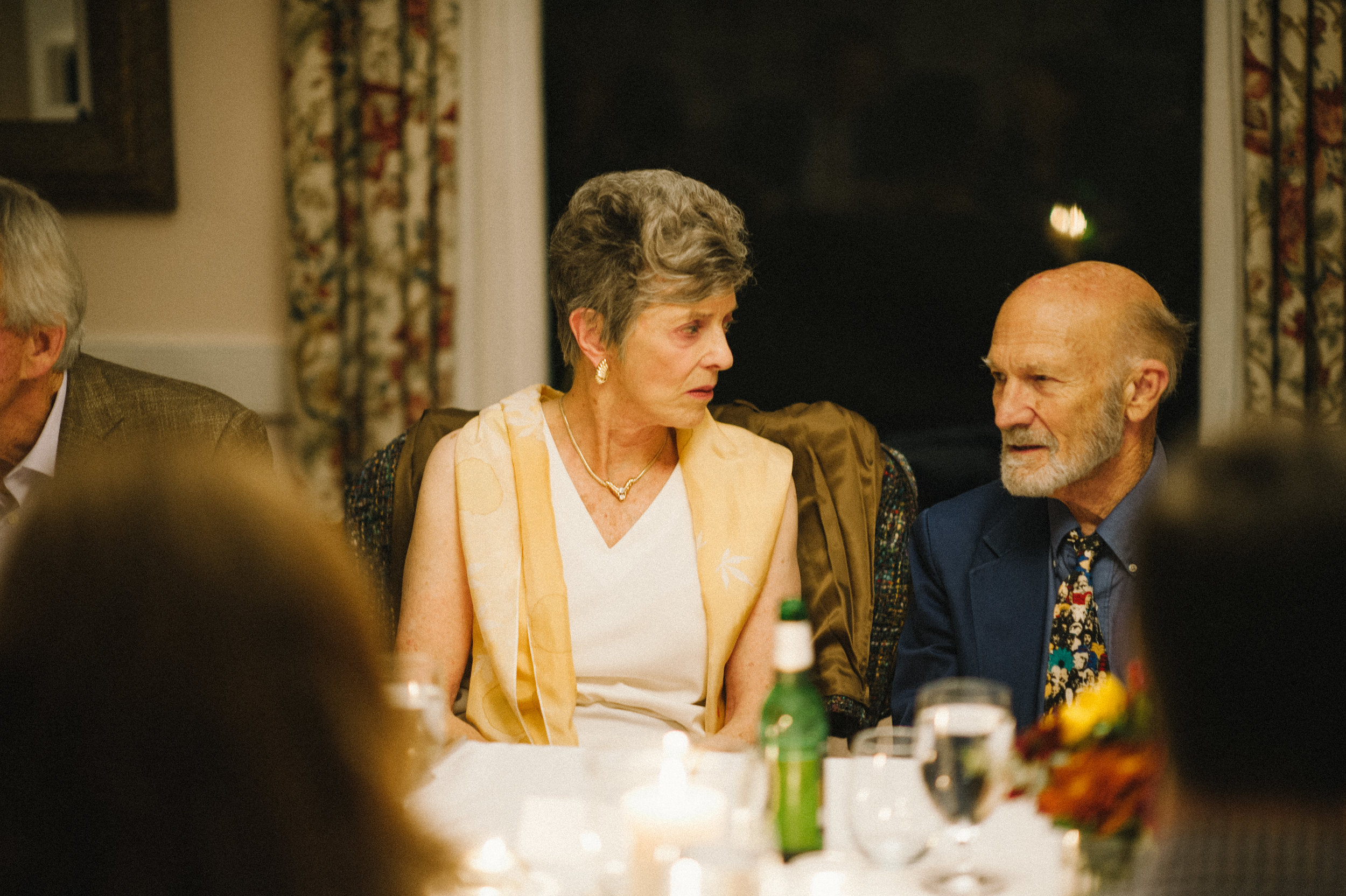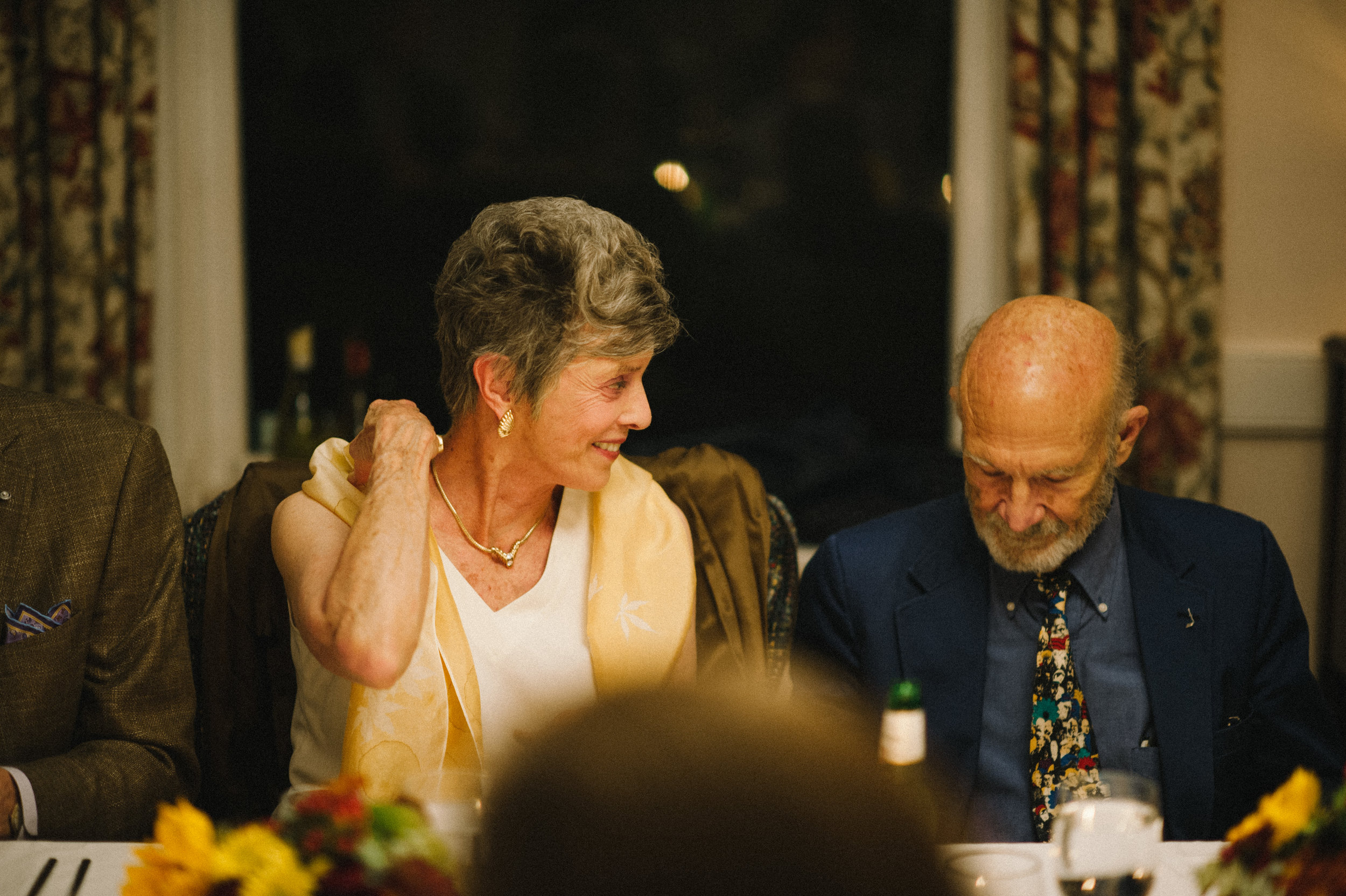It is difficult for me to summarize my reflections as a Perkins Fellow and a member of the Perkins House as I enjoy allotting myself an ample amount of time to reflect, time I do not currently have. So much has happened this academic year and I know if I event attempt to list a few events that occurred within the past eight months, I would end up producing a 15-page report. It's best for me to allow two brief essays I recently wrote to speak to my experiences as a Fellow and member of the Perkins House. I was asked to describe my most meaningful leadership experience and my greatest contribution to the Charlottesville community in 250 words or less for each essay. Without a doubt, I wrote about my experience as a Perkins Fellow and Perkins House member despite the word limit restricting the transformative events to which I could attest.
Essay 1: In 250 words or less, describe your most meaningful leadership experience.
"As a college student, it is difficult not to conflate leadership with the number of executive positions one holds throughout their years as an undergraduate student. Leadership, certainly, includes assuming a role within an organization or group that demonstrates one’s ability to guide individuals to the completion of a task. Yet, I believe that leaders are most impacted, cultivated, and strengthened through the act of service: whether that be through volunteering or simply being one who dedicates time to support and engage others.
My third year at the University of Virginia has been defined by collective and individual service to the Charlottesville community through two programs supported by Theological Horizons: The Perkins House (located in the Venable neighborhood on Grady Avenue), an intentional community of university students honoring civil rights activist John M. Perkins by building bridges between the UVa and Charlottesville community; and The Perkins Fellowship, a Fellows program centered on vocational discernment through community engagement and training by community service innovators in cross-cultural engagement and community development. I can wholeheartedly say that my experience as an inaugural member of both The Perkins House and The Perkins Fellowship has proven to mark a transformative point in my personal growth.
Through my participation in these programs, I have a greater understanding about how to utilize the roles I assume during my time at the University to best contribute and pour into the communities I so dearly love and to which I belong. "
Essay 2: In 250 words or less, describe your greatest contribution to the Charlottesville community.
"Though I have spent most my time contributing to the establishment of The Perkins House, my most significant service to the Charlottesville community has been supporting and investing love and time into some of Charlottesville’s youth.
As a tutor and mentor at Friendship Court’s Community Center, I assist students with mathematics and language arts and also aid the Community Center’s Coordinator with the Girls’ Mentoring Program. One of my favorite memories as a tutor occurred last year when I helped Naylia, a kindergartener at the time, solve math problems from a deck of addition flash cards. She was, at first, unenthusiastic to solve the problems and became frustrated as she perceived them to be too difficult for her to solve. However, the more problems we worked on together, the greater her desire was to solve more equations. She even wanted to solve equations she previously thought were too hard for her! The moment I saw Naylia’s face beam with a beautiful smile after I told her she solved the equations correctly, I made a commitment to do whatever I could to help her, and her peers, excel in school.
Knowledge is power and we all are well aware of the power the youth yield in challenging and changing societal norms. I know these students will have a large impact in their communities and I will continue assisting them in their growth, one equation at a time, one conversation at a time, throughout the rest of my time here in Charlottesville."
There are a couple things I must add in addition to what I expressed in these essays. First, I felt quite indifferent when asked to write about "my greatest contribution" to the Charlottesville community. The language used in this prompt certainly implies that certain "contributions" are more valued and praised than others (but that is another conversation to be had). I decided to rather describe an activity, conducted outside the UVa bubble, that rejuvenates my spirit day-in and day-out: tutoring and mentoring the youngens at Friendship Court. Words cannot describe how much I LOVE the kids I spend time with throughout the week. I can wholeheartedly say that my experience as a Perkins Fellow and Perkins House member has given me a desire to incorporate the same intentionality we honor within theses programs to my time spent with the kids at Friendship Court.
I am excited to spend at least another year with them... If only they knew that they had me at hello.







